Three top academics identify subject-by-subject salary trends for graduates
ExpandAutoplay

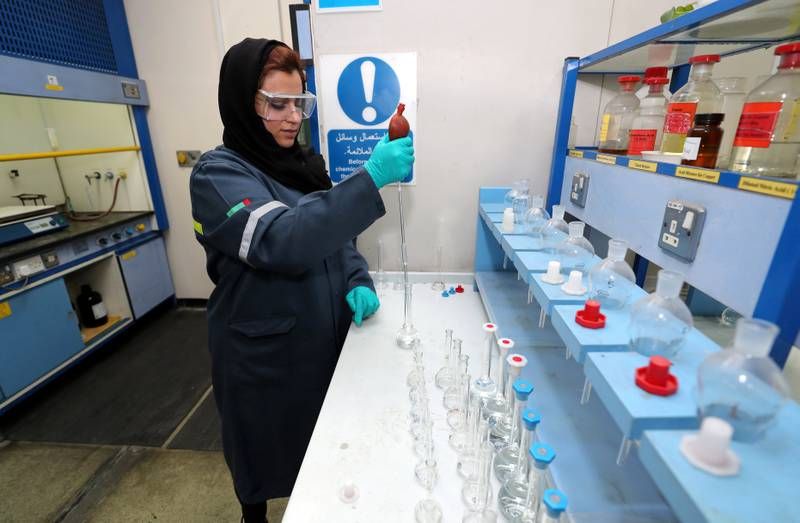

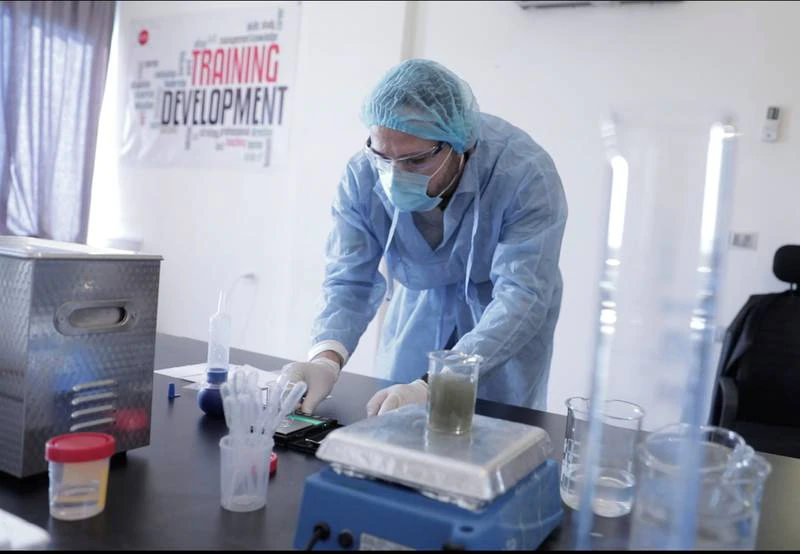
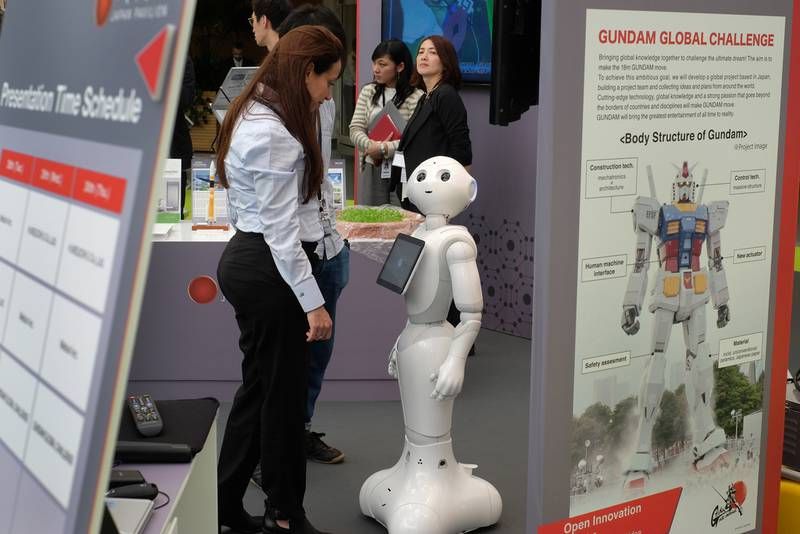

Degrees in engineering and business-related programmes are among the best for graduates looking to secure well-paid jobs, experts have said.
Qualifications in IT and related fields, artificial intelligence, robotics and nanotechnology are also likely to lead to high-paying jobs.
Choosing a place to study is increasingly influenced by average salaries after graduation, and some senior academics in the UAE have identified subject-by-subject salary trends.
“When we look at the graduate employment range of salaries, those with technical backgrounds, like engineering programmes, have a higher salary range than say business programmes or any other programme,” said Dr Kavita Shukla, vice president for student affairs at Amity University Dubai, the local branch of an Indian institution.
QuotePeople very rarely have difficulty in finding employment as a result of having done a business degreeDr James Trotter, Murdoch University Dubai
“In the business programmes, master’s programmes, like MBA, those going into operational roles, like logistics or project management or operations, are slightly lower paid than the ones in sales or marketing.
“The insurance industry is a very big sector here and they do hire a lot of management graduates. That’s where the higher salaries are paid.”
Business is “by far the most popular” subject in UAE universities, said Dr James Trotter, dean of Murdoch University Dubai, the UAE branch of an Australian university.
“People very rarely have difficulty in finding employment as a result of having done a business degree,” Dr Trotter said.
“The UAE is such a vibrant and growing economy and constantly growing population. There’s almost an ever-increasing need for highly skilled employees.”
There is an array of fields that people with business degrees can go into in the UAE, according to Prof Ammar Kaka, provost of Heriot-Watt University Dubai, which is headquartered in Scotland.
“There’s a lot of job opportunities which require those skills from students who have business degrees,” he said. “A large proportion get jobs within the first six months of graduation.”
Increased use of technology
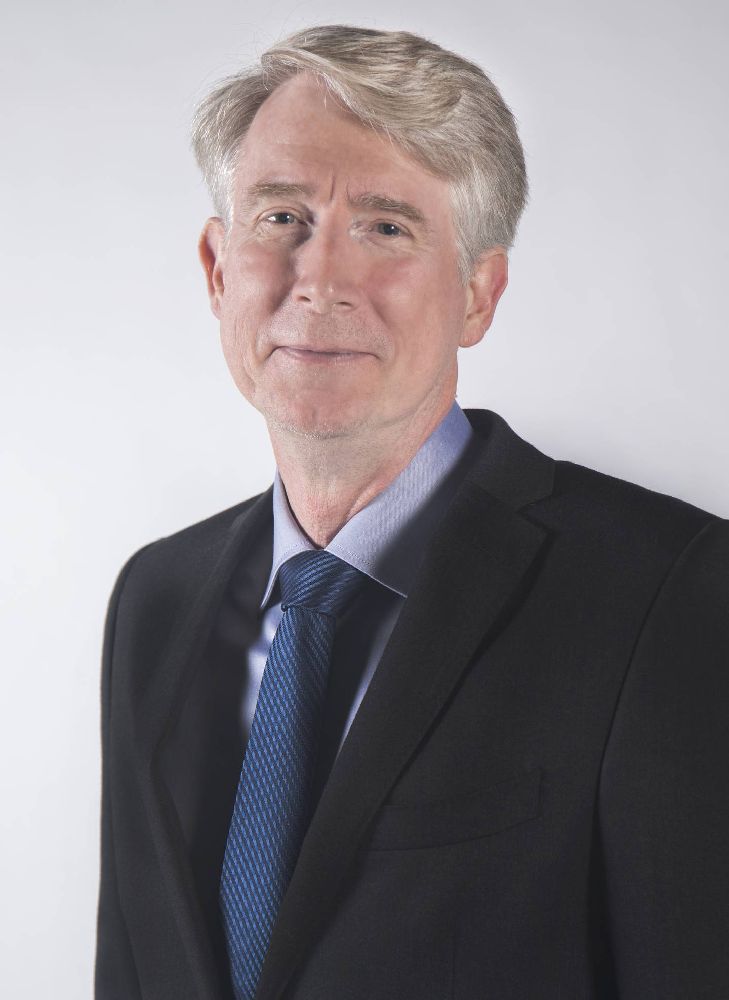
In recent years, there has been an increase in demand for graduates with technical backgrounds, Dr Shukla said.
IT and related fields, aerospace engineering and nanotechnology are popular. All fields, including retail, are seeing the increased use of technology, which creates opportunities for those with the right skills.
“Then we have medical diagnostics, where robots are going to replace a lot of the work that humans are doing. Large warehouses are going to be run by robots, so there’s a renewed emphasis on technology,” Dr Shukla said.
“India is one of the biggest sources of IT professionals across the world. In our India campuses also, technical and Btech (engineering) programmes are most popular, which has been reflected here in the UAE because it is a mega-trend. It is a trend which is in line with industry demand now.
“So if you look at the job generation in the coming years, almost 130 million jobs will become redundant, they will be replaced by another 130m jobs of a different profile, which are more linked to technology and behavioural sciences.”
It is a trend that institutions such as Heriot-Watt University Dubai see themselves as being well placed to capitalise on.
Graduates secure jobs quickly
Dr Kaka said his institution’s focus is on engineering, business, science, computing, design and psychology.
There are “quite specific” subjects including renewable energy, artificial intelligence and robotics, while data analytics and computer programming are other popular courses.
“The programmes we offer in these areas are quite technical,” he said. “We can say students get jobs very, very quickly after they graduate because there’s very, very big demand.”
ExpandAutoplay
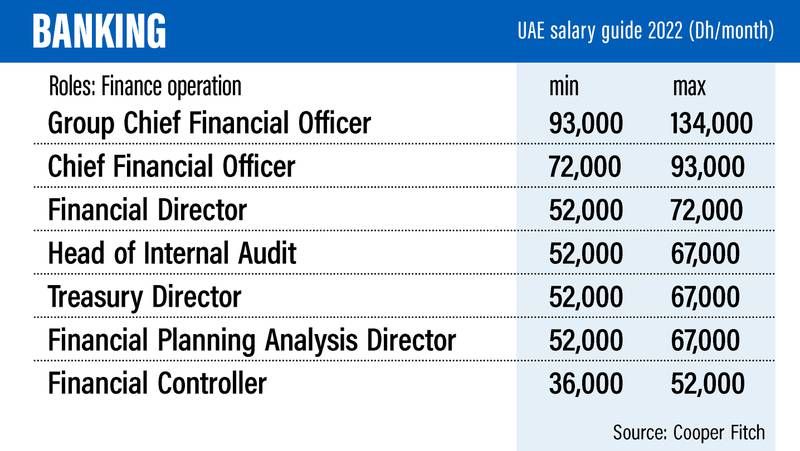
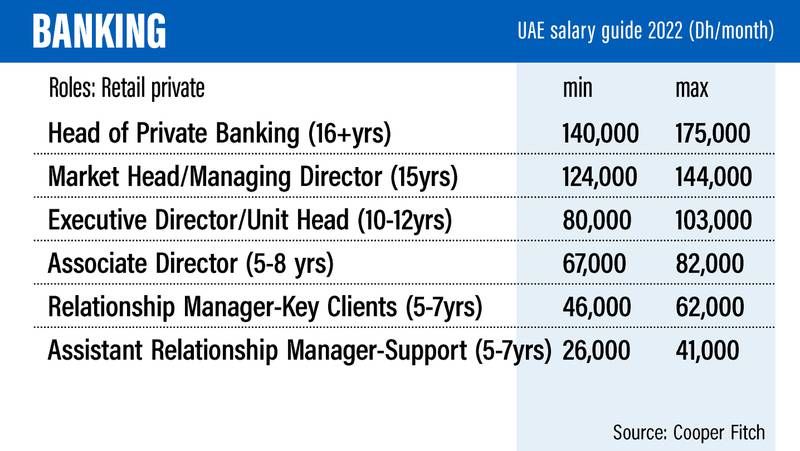
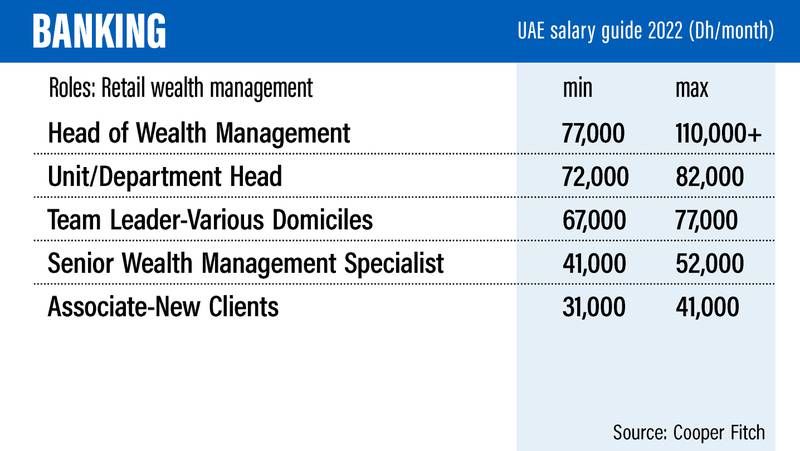
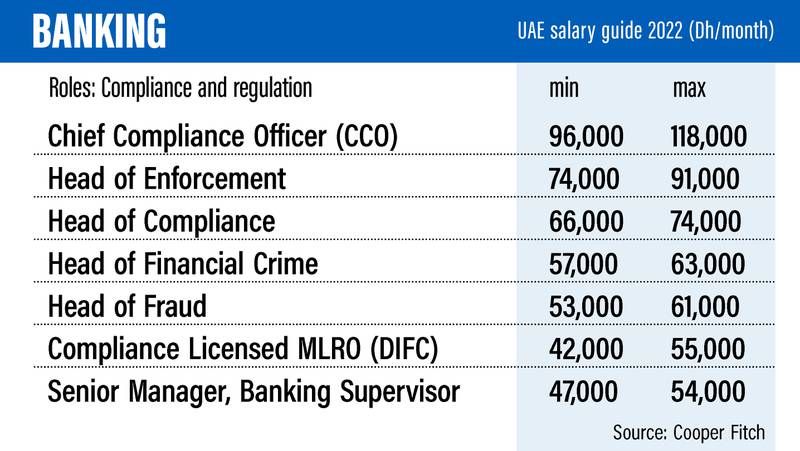
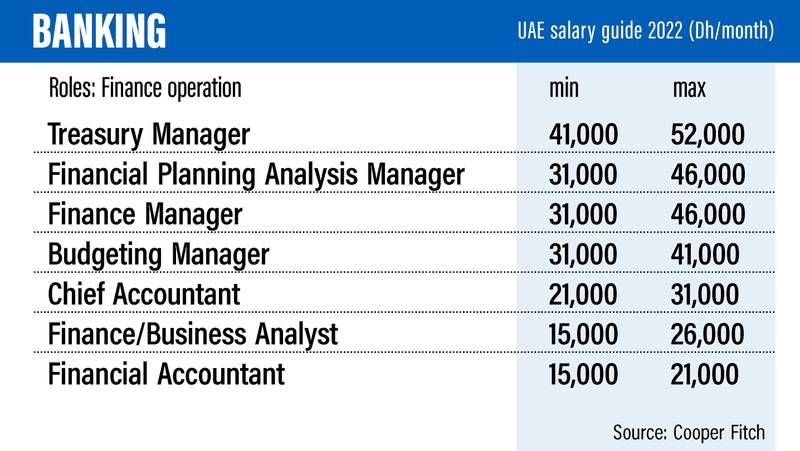
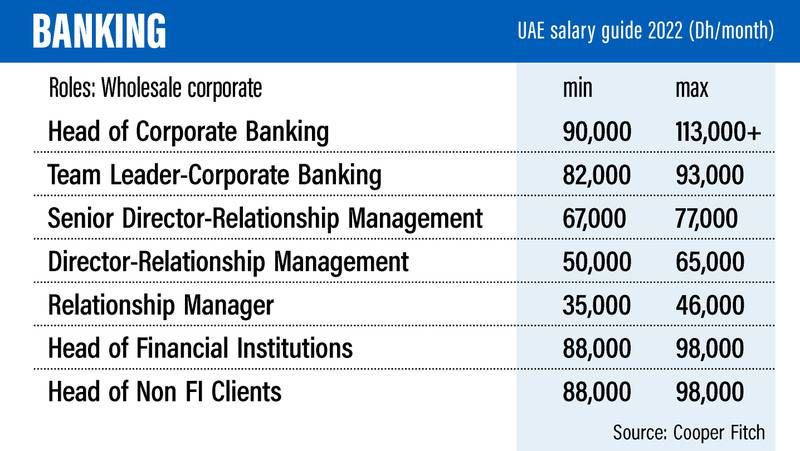
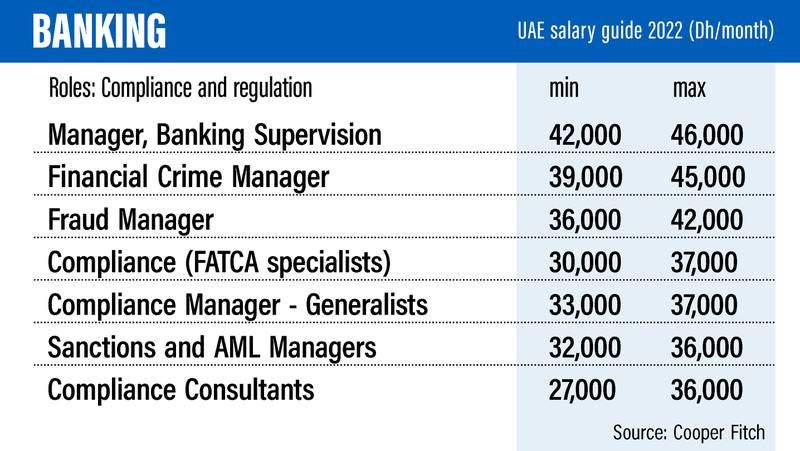
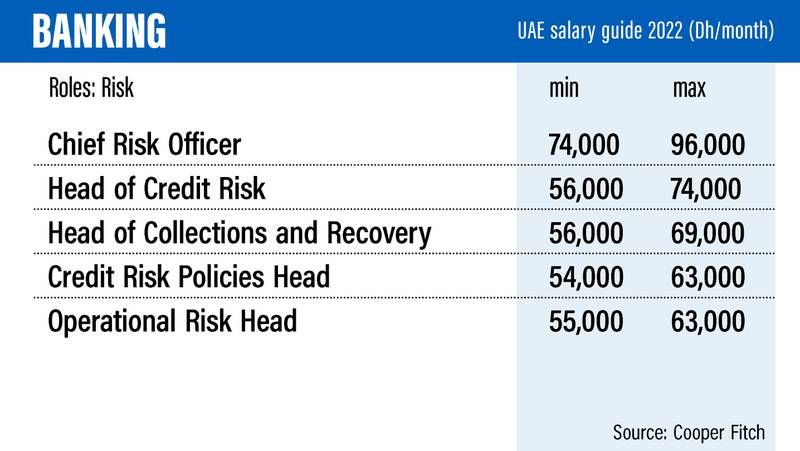
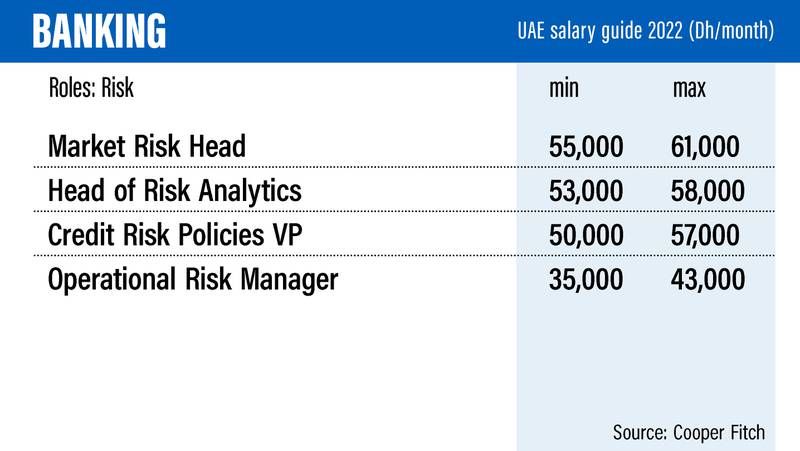
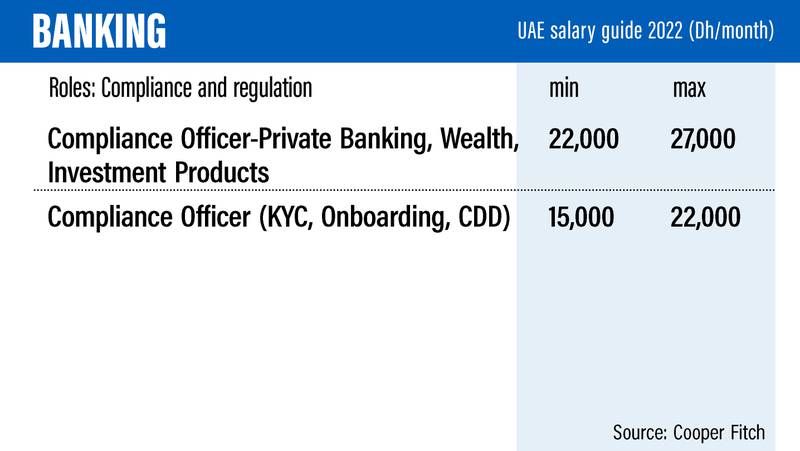
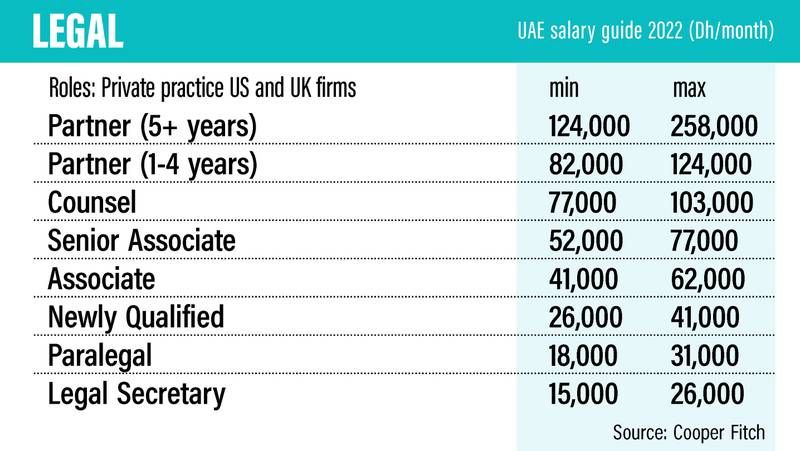
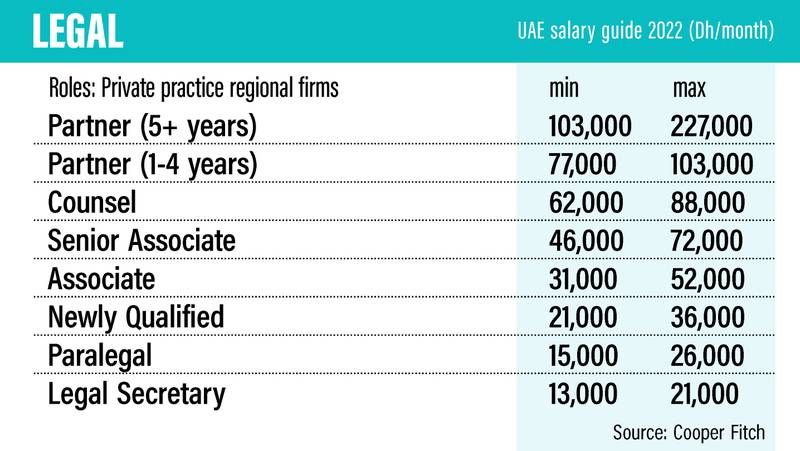
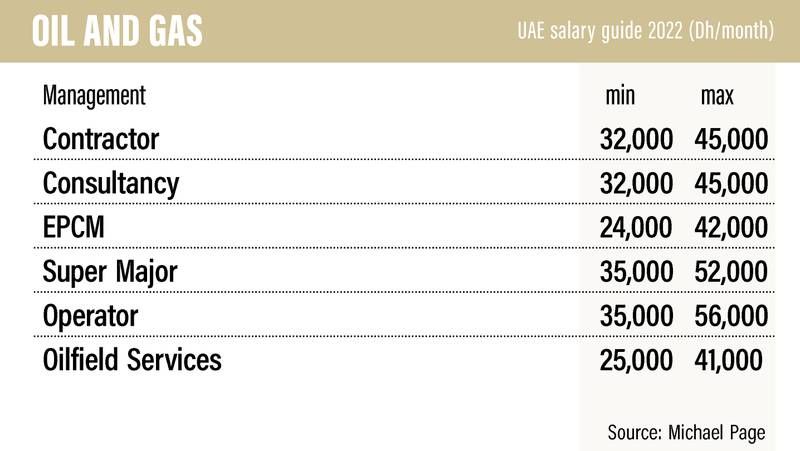
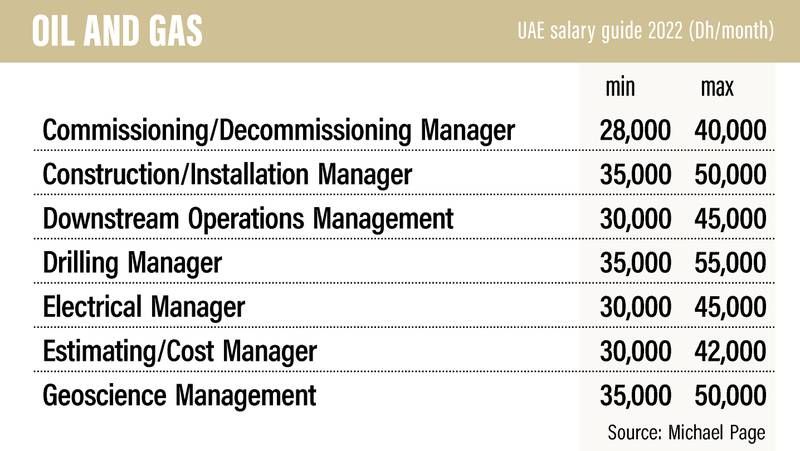
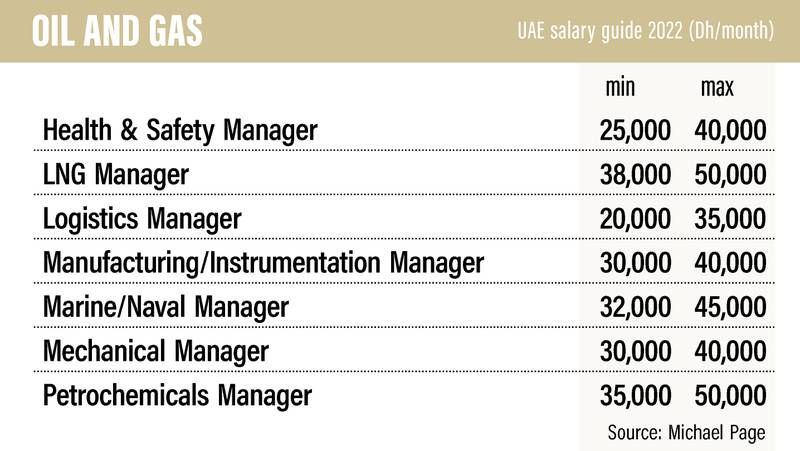
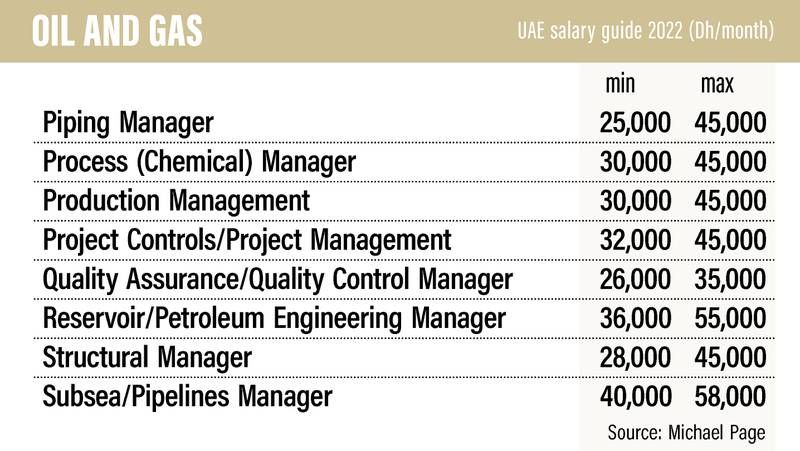
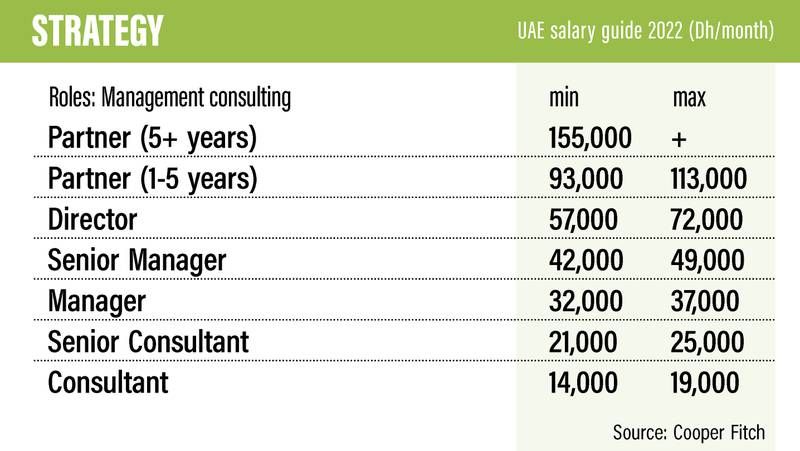
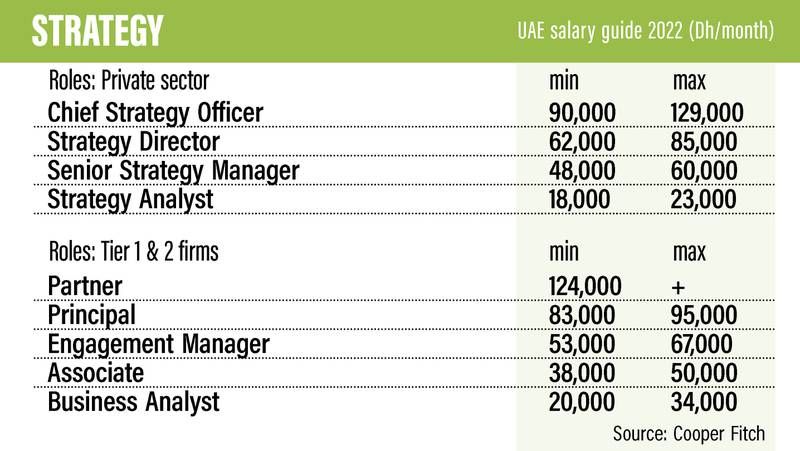
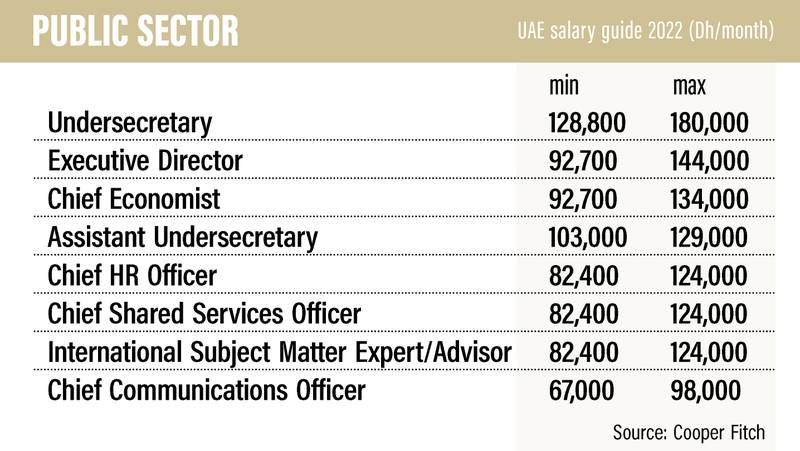
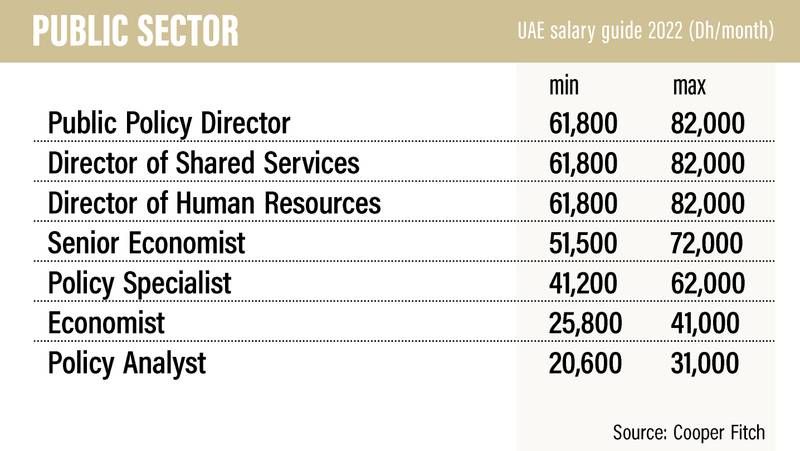
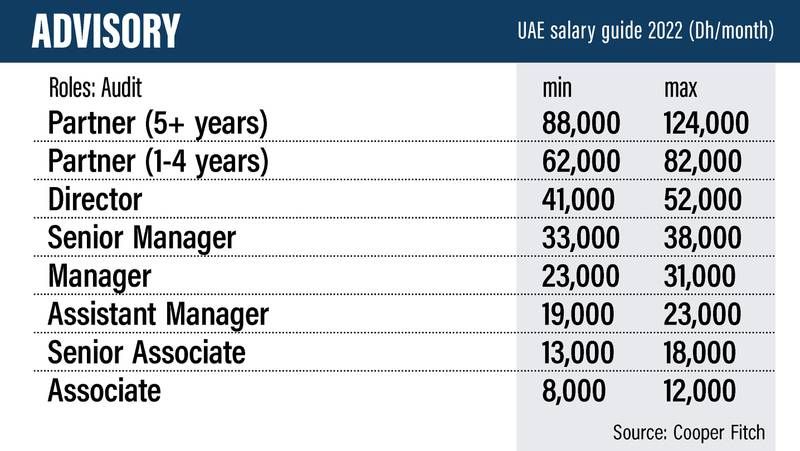
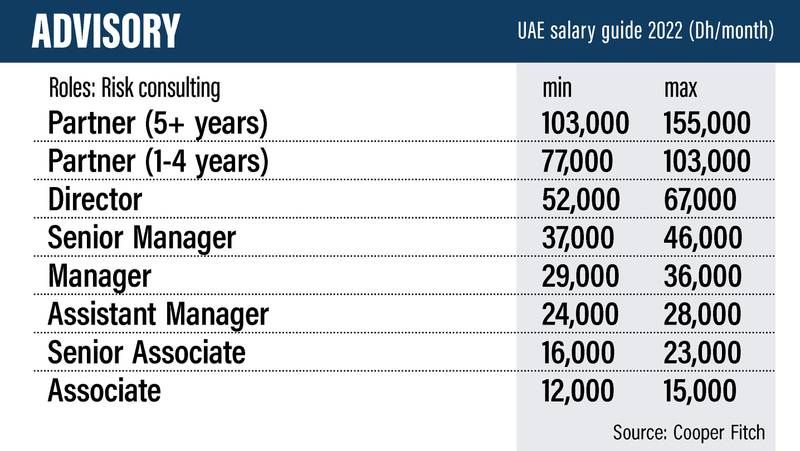
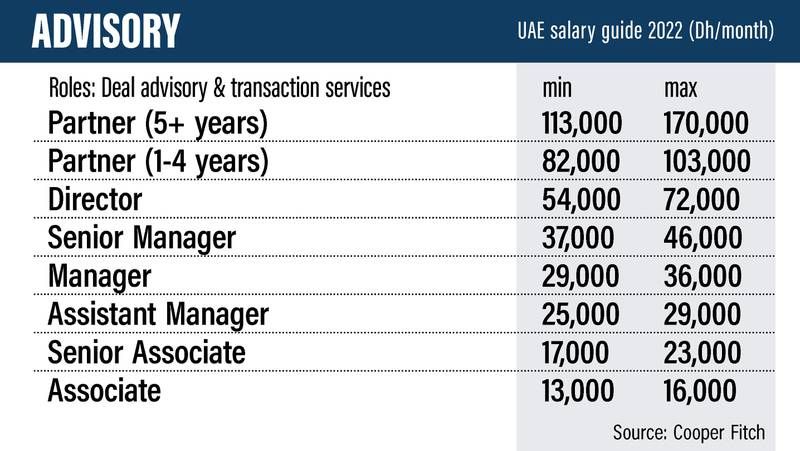
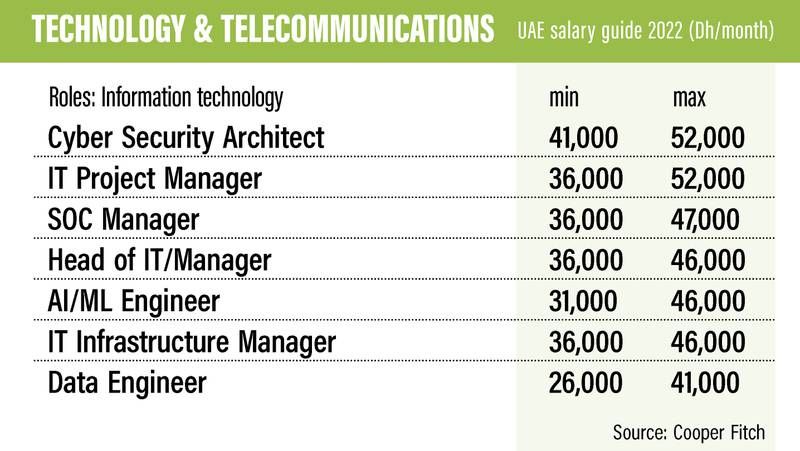
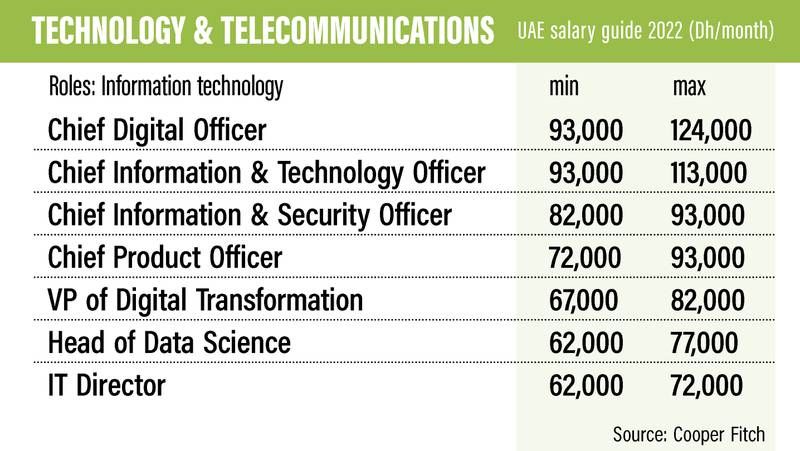
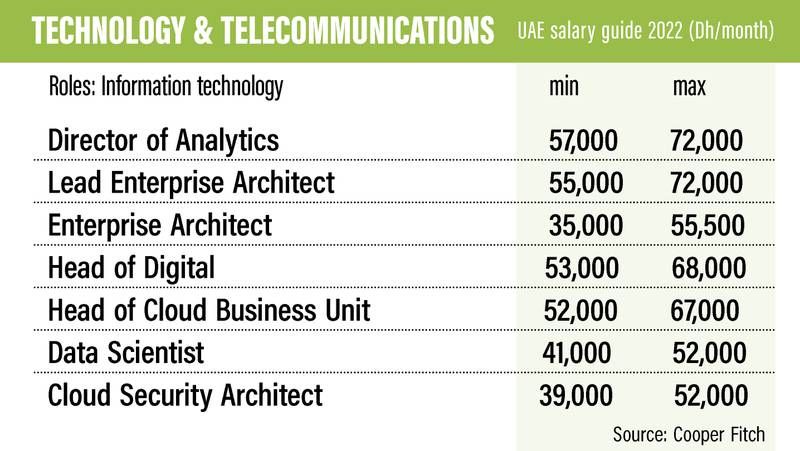
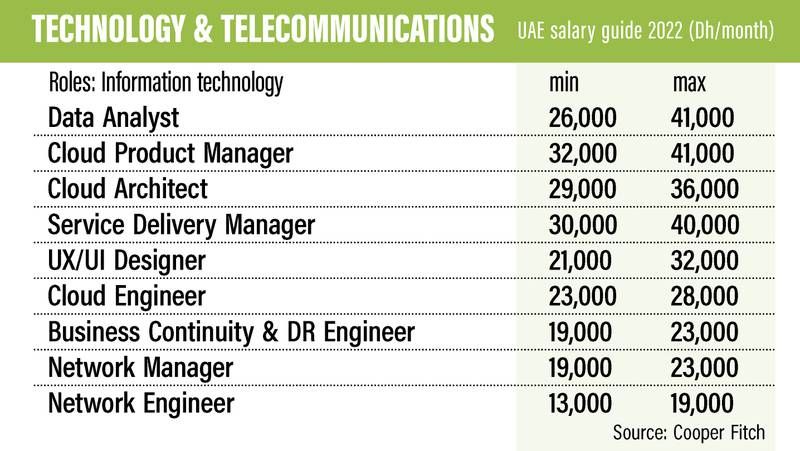
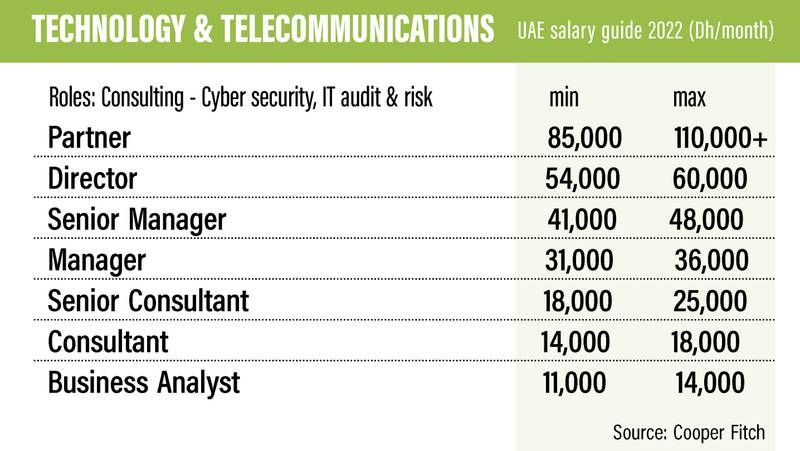
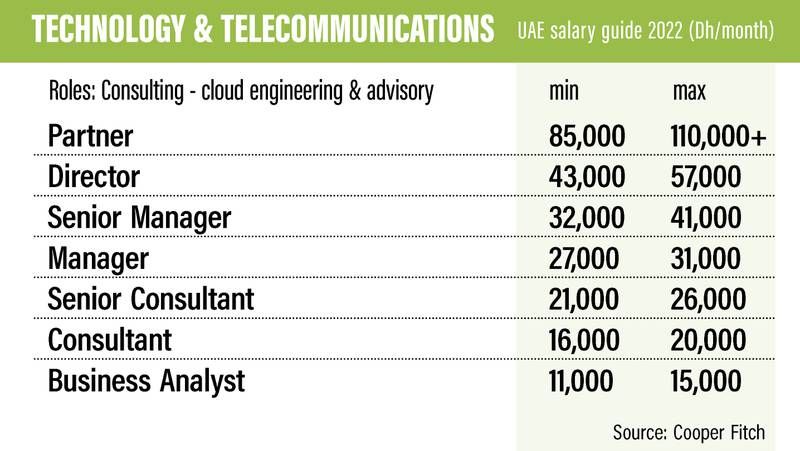
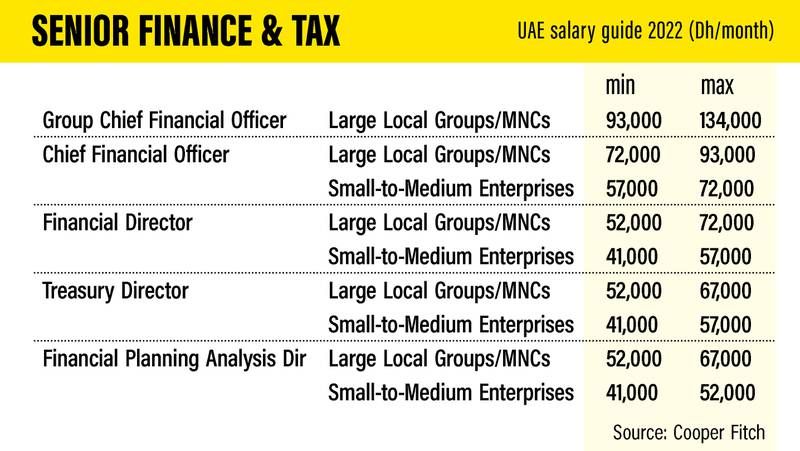
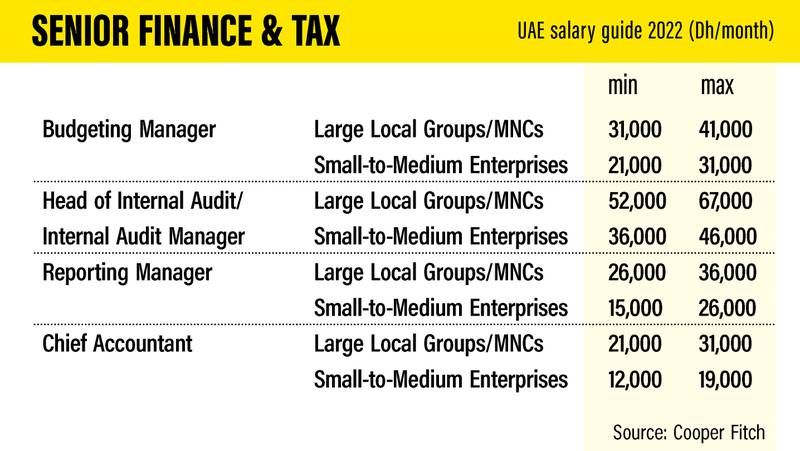
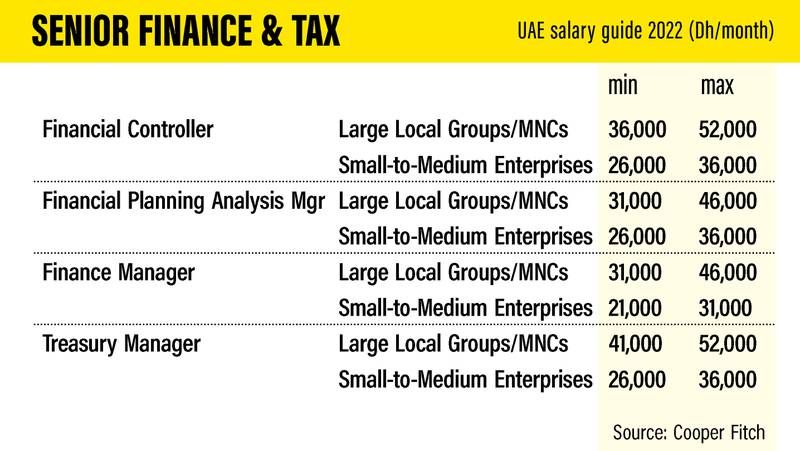
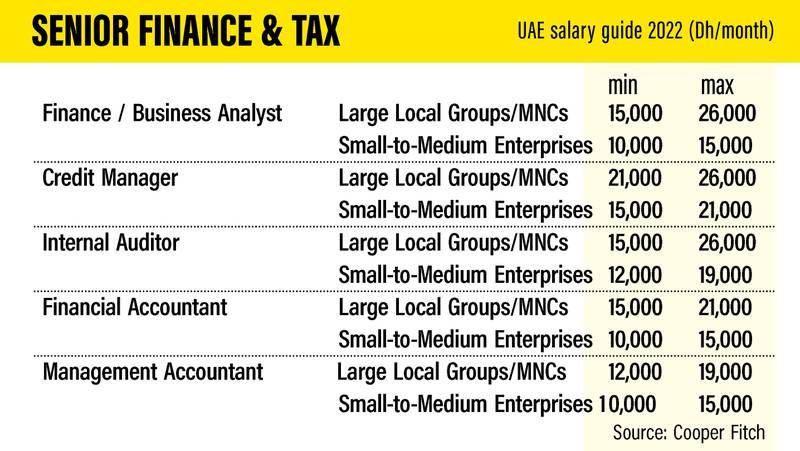
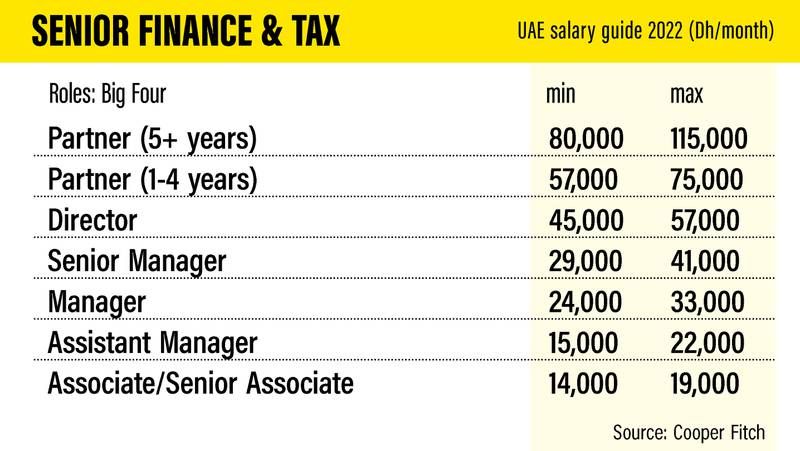
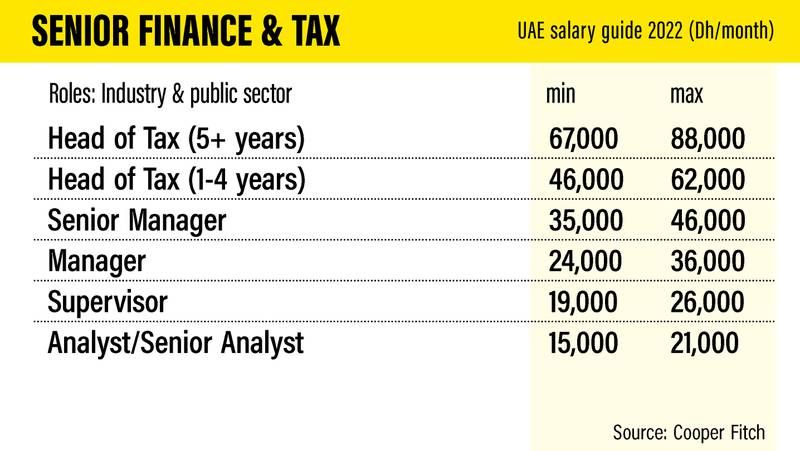
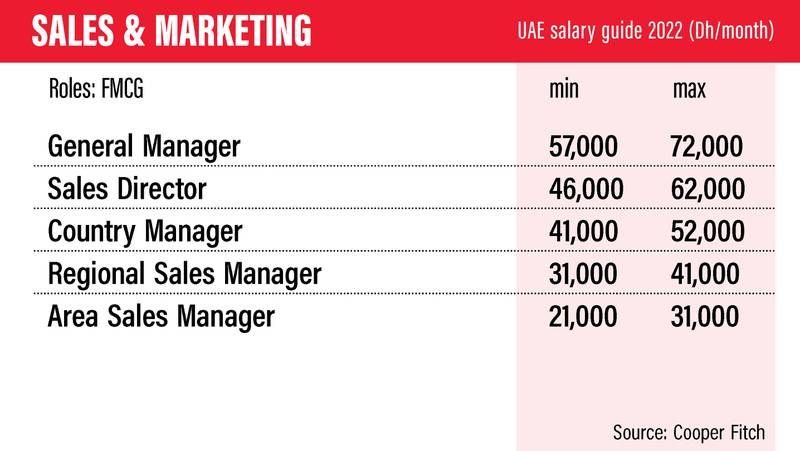
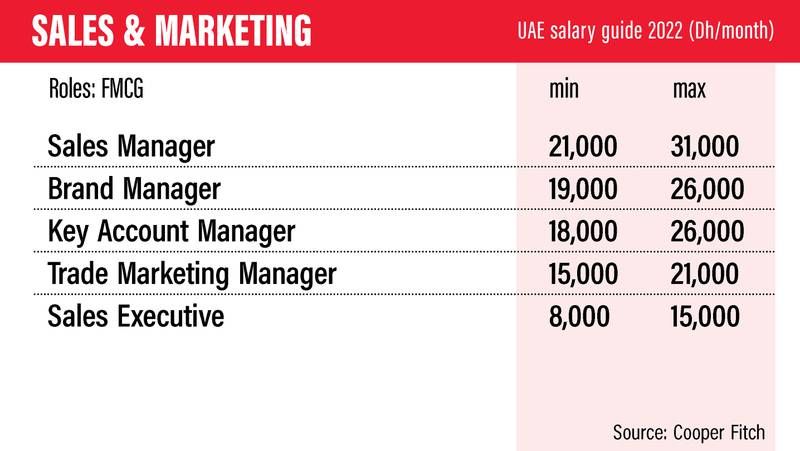
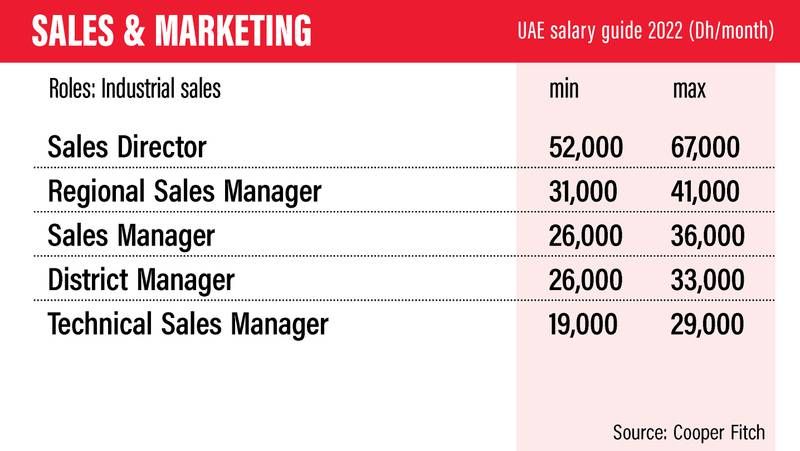
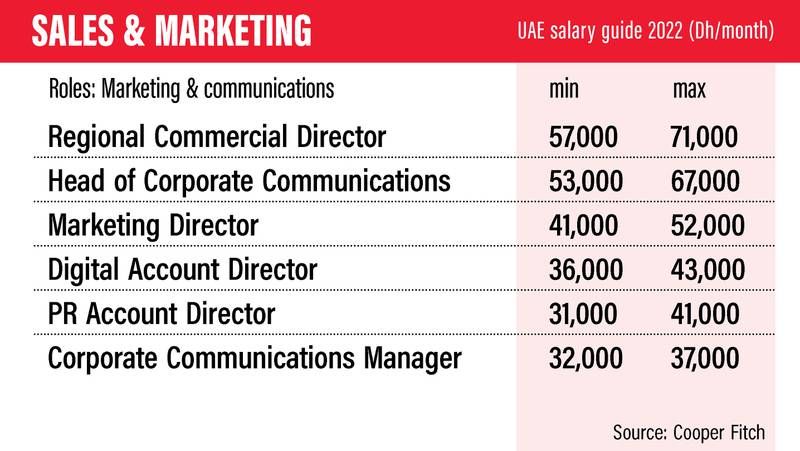
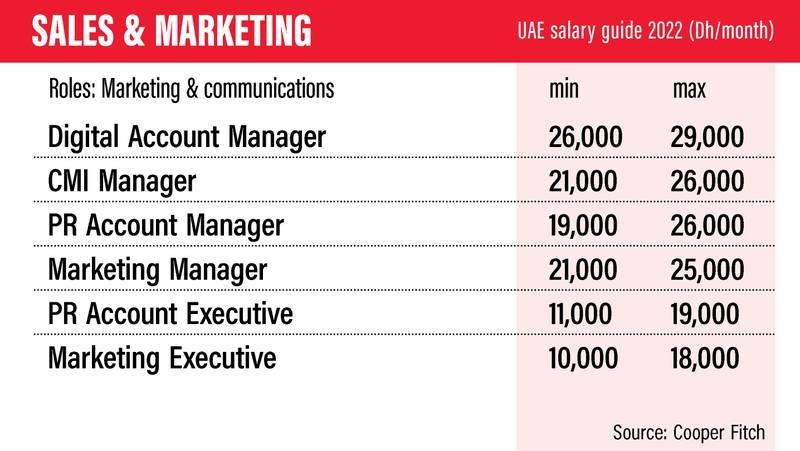
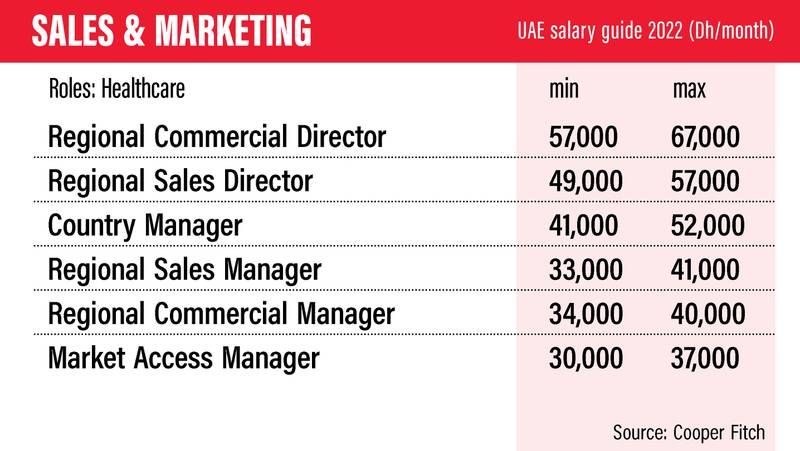
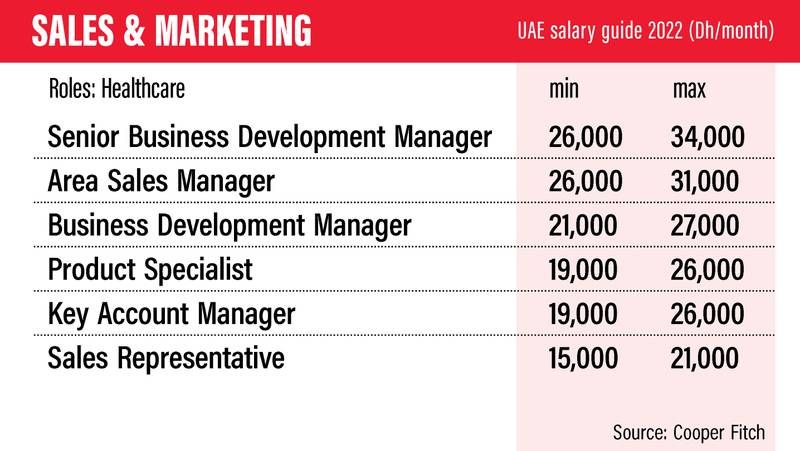
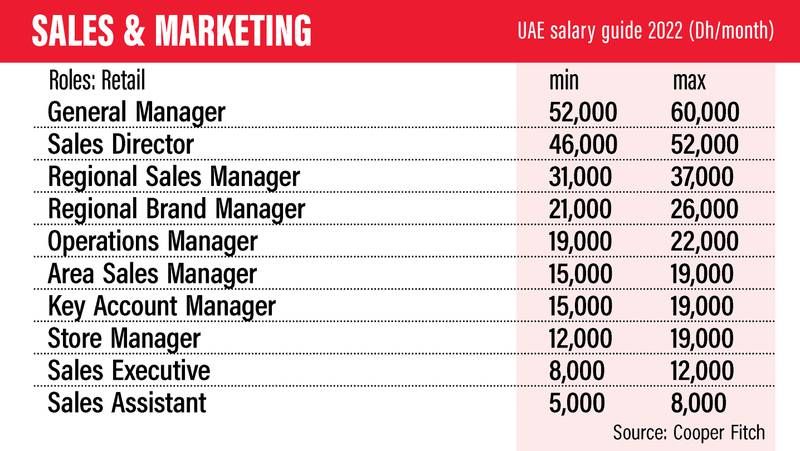
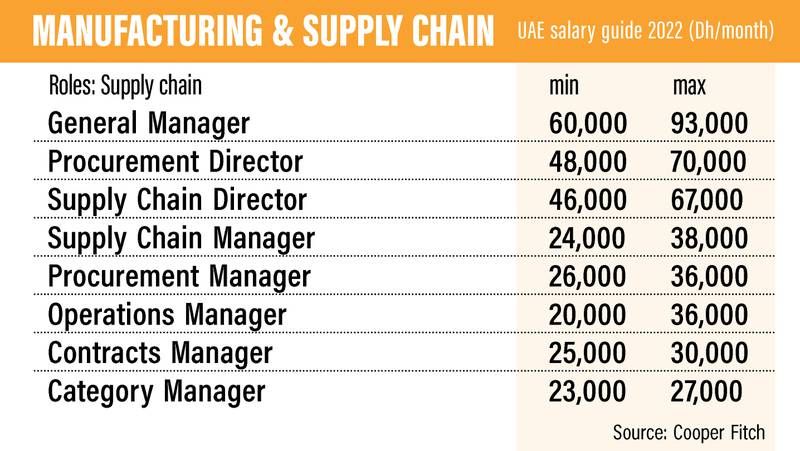
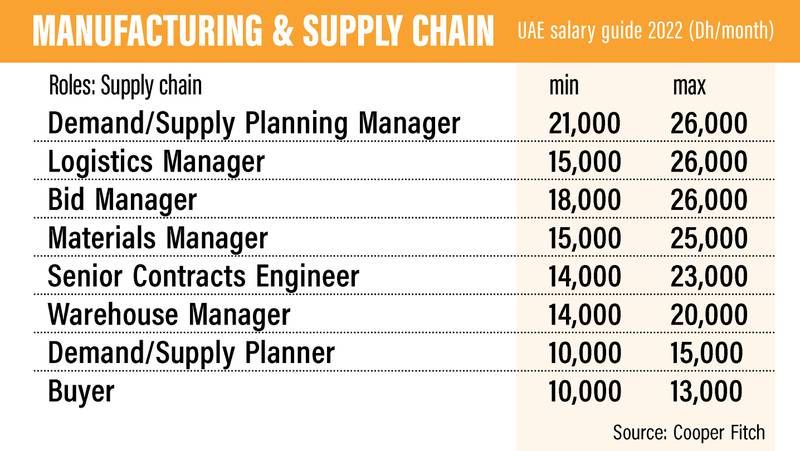
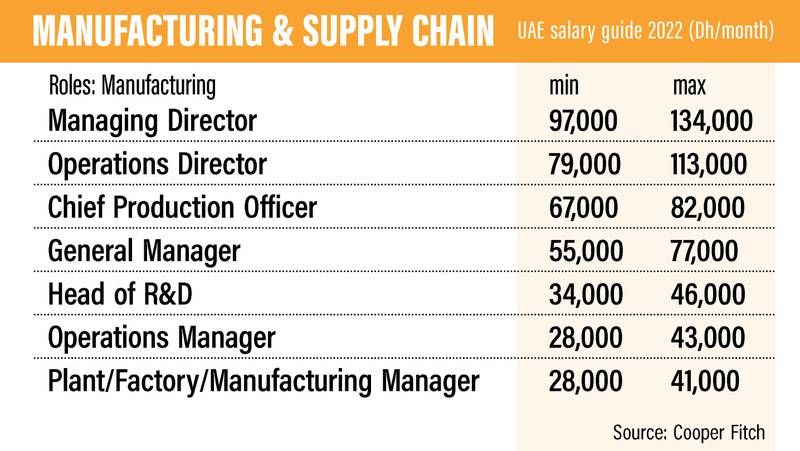
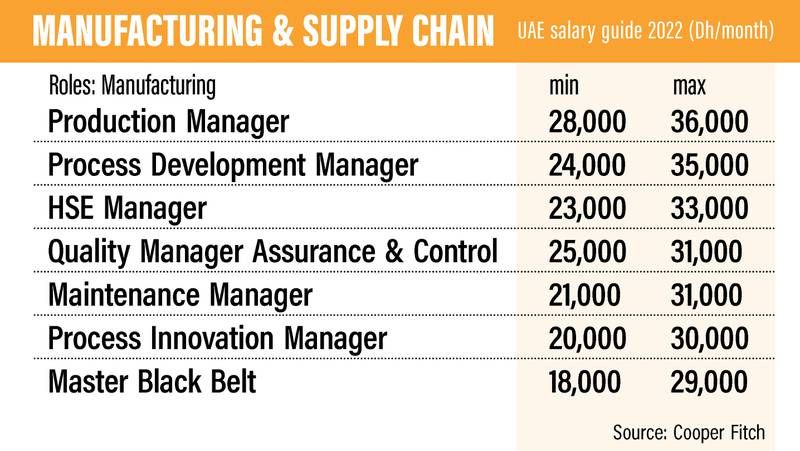
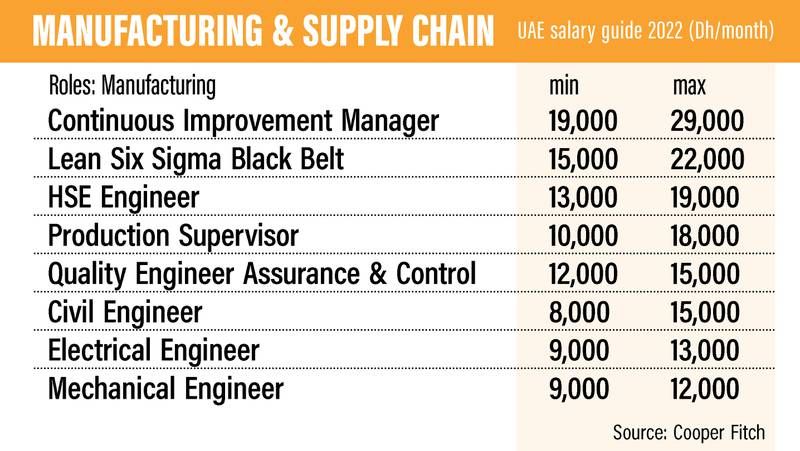
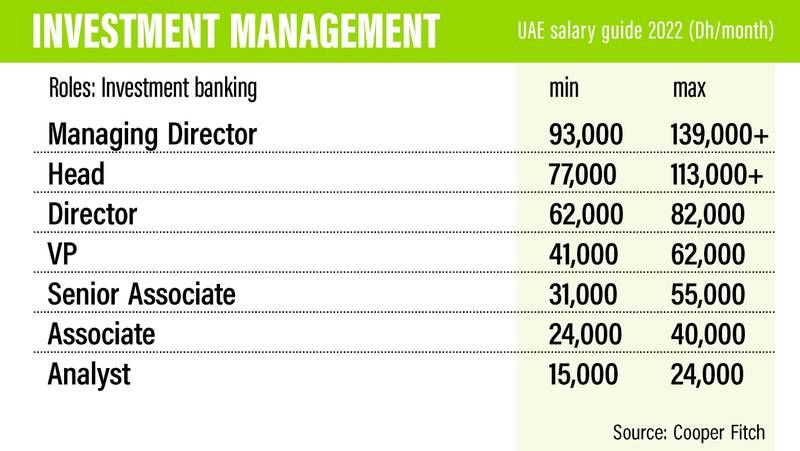
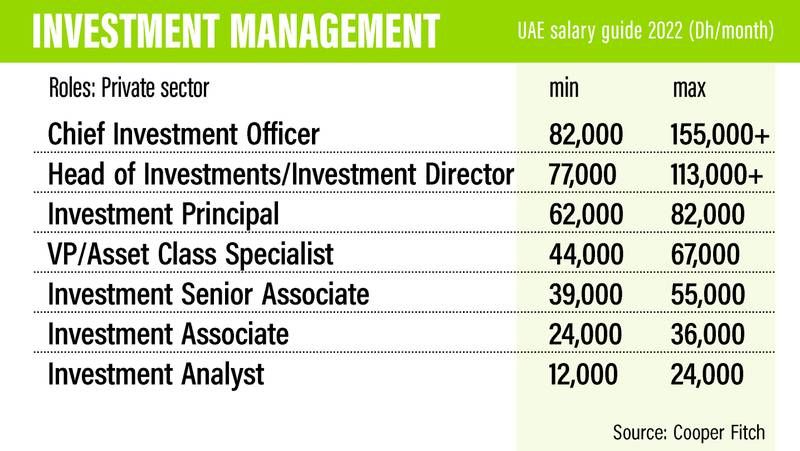
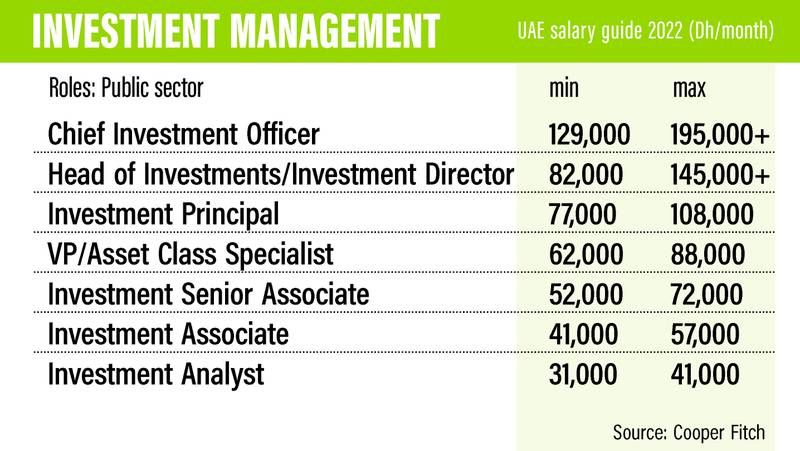
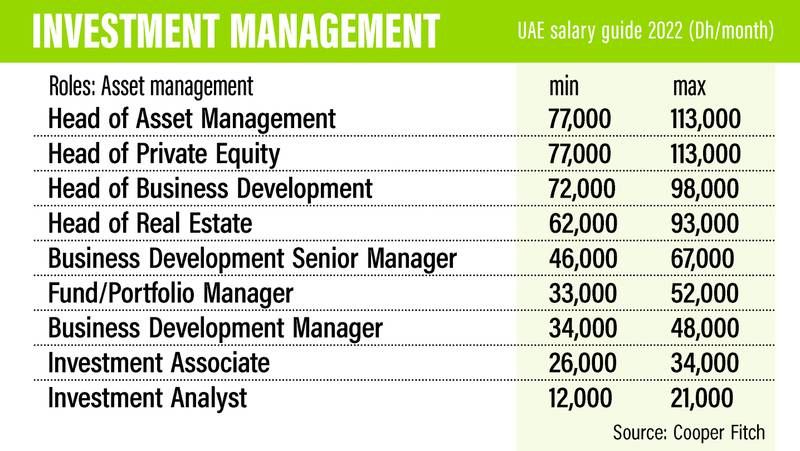
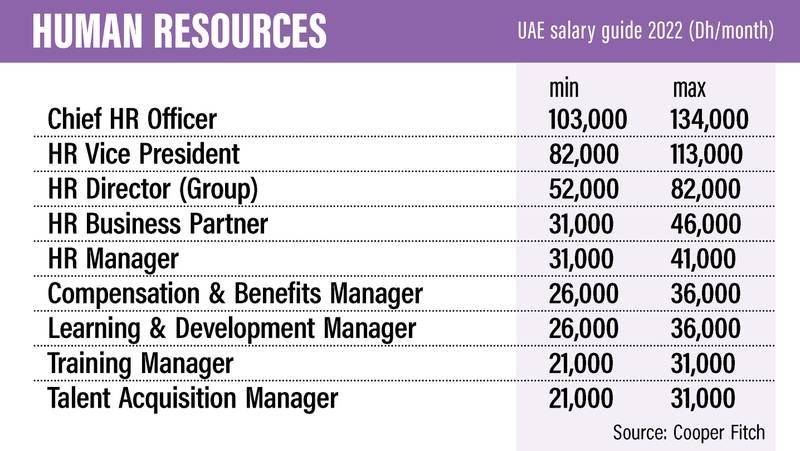
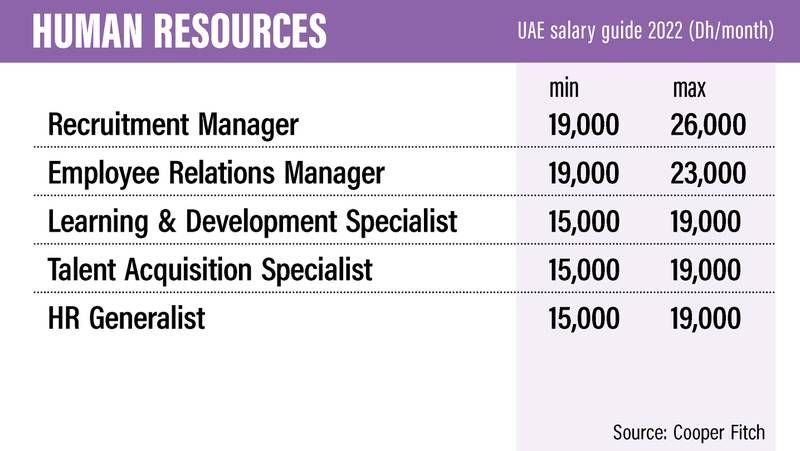
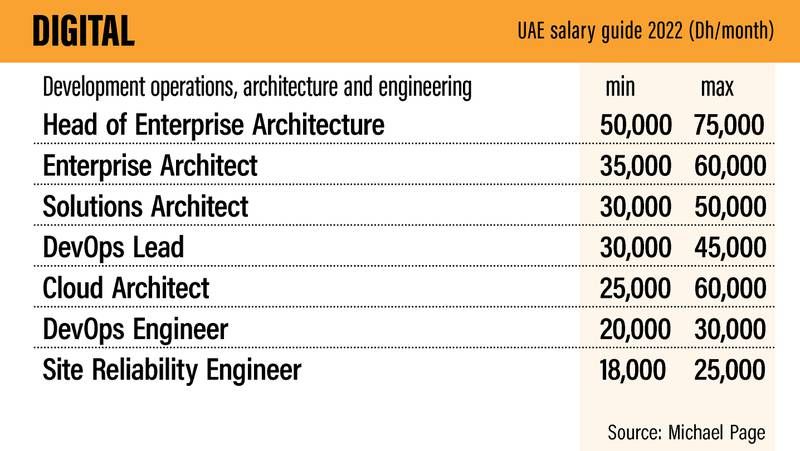
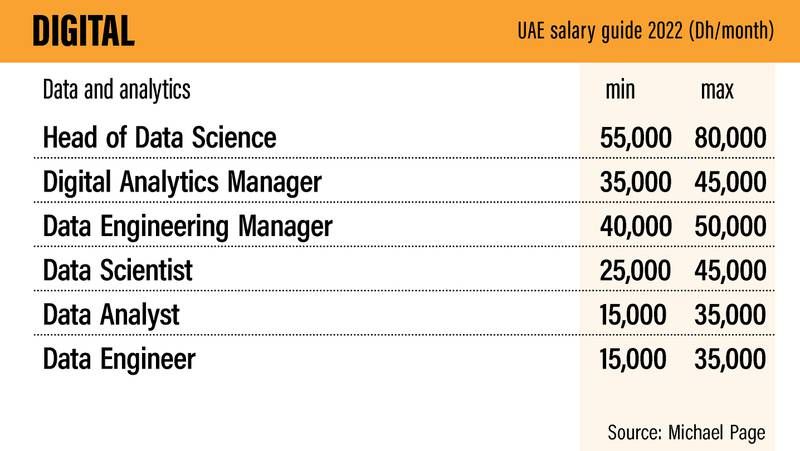
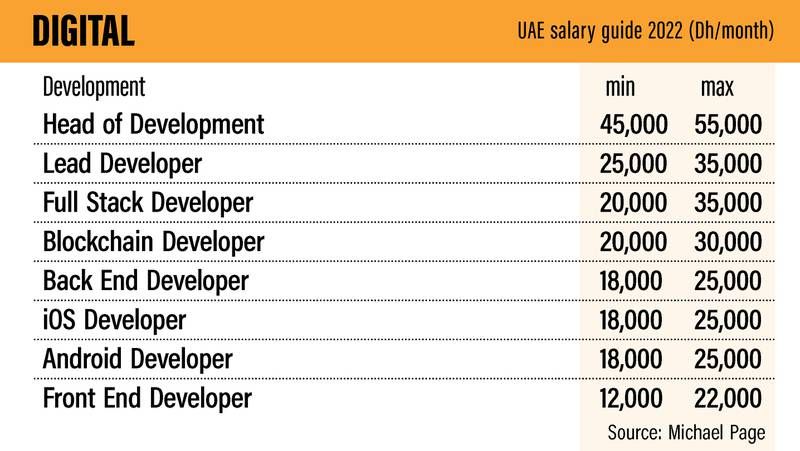
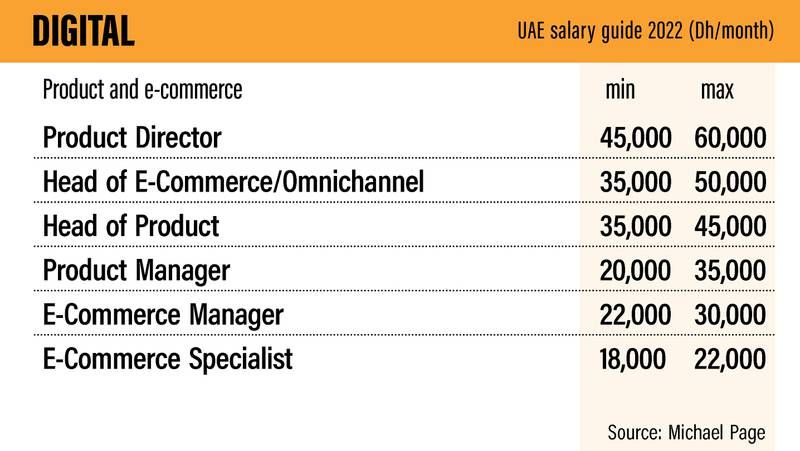
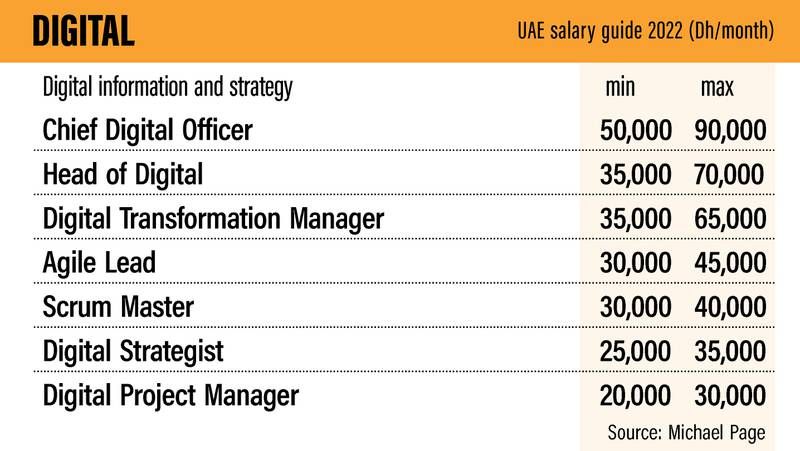
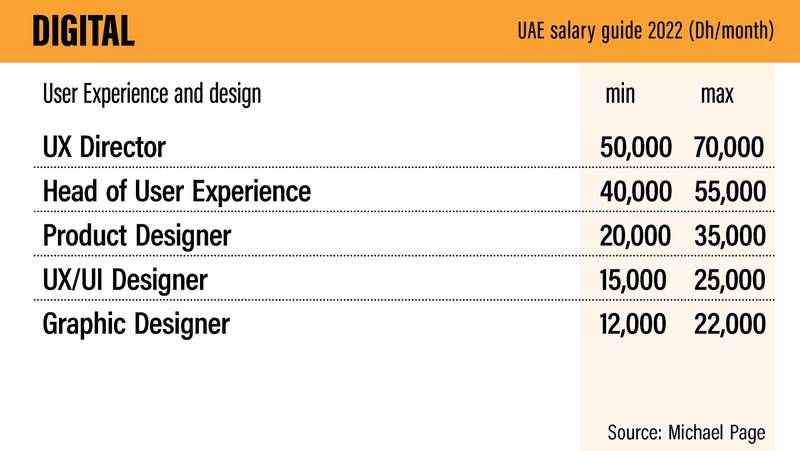
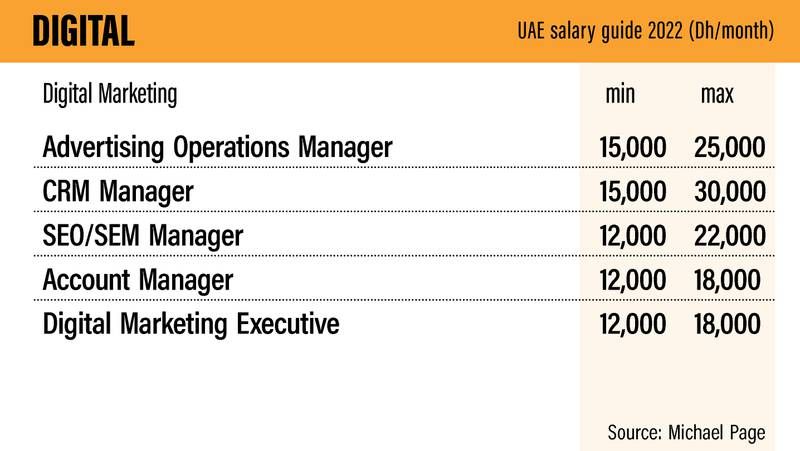
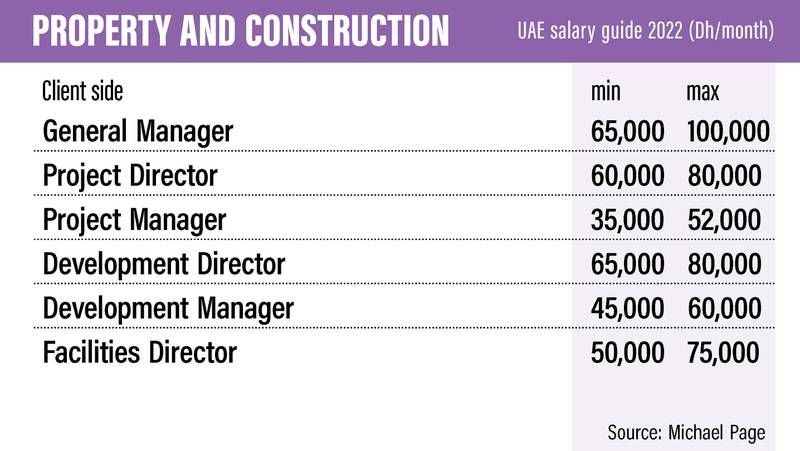
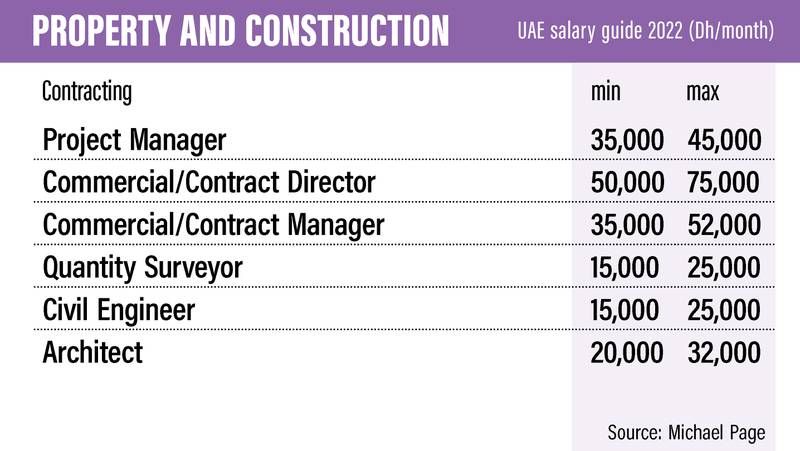
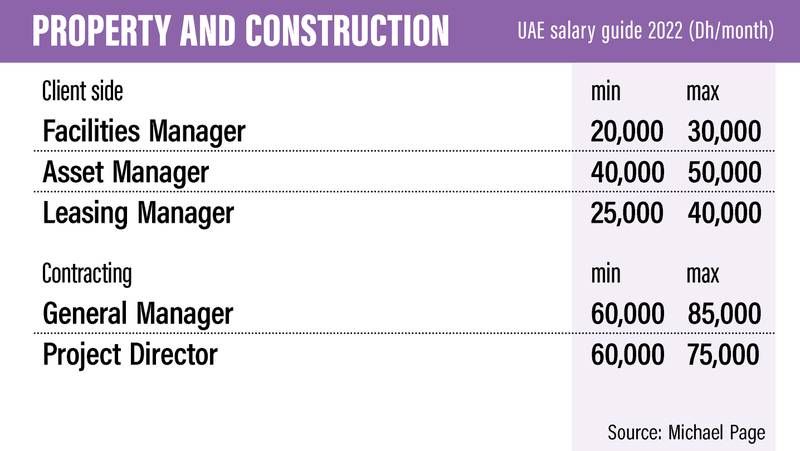
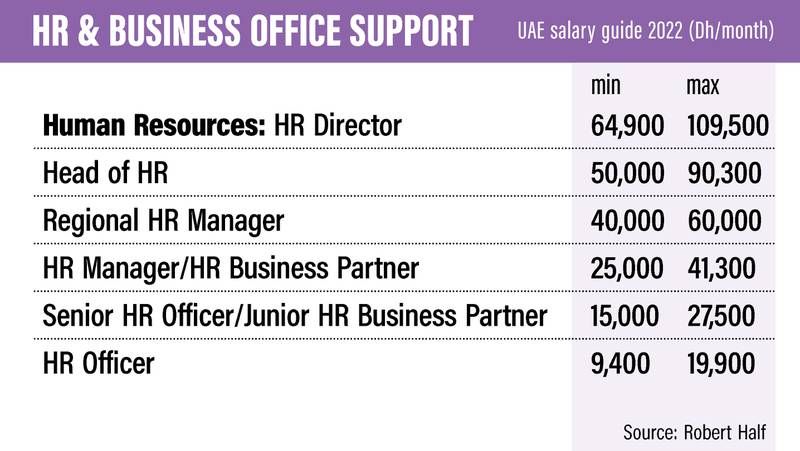
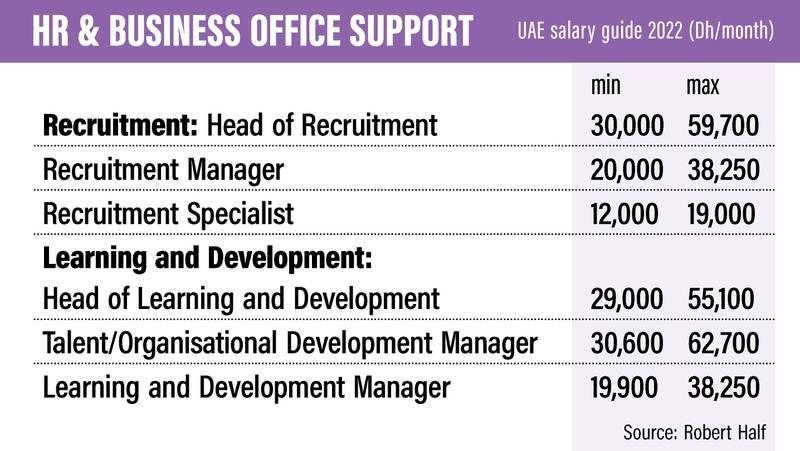
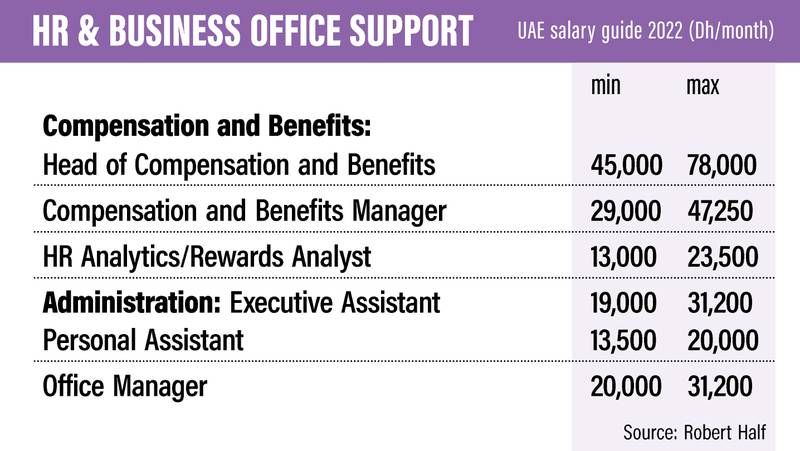
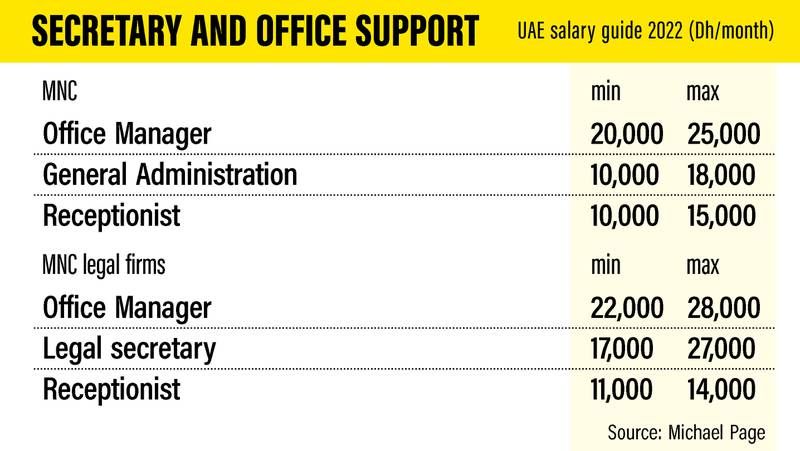
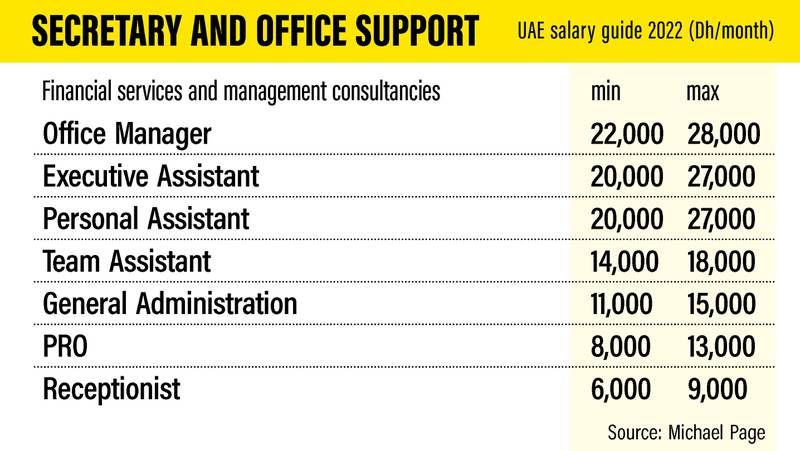
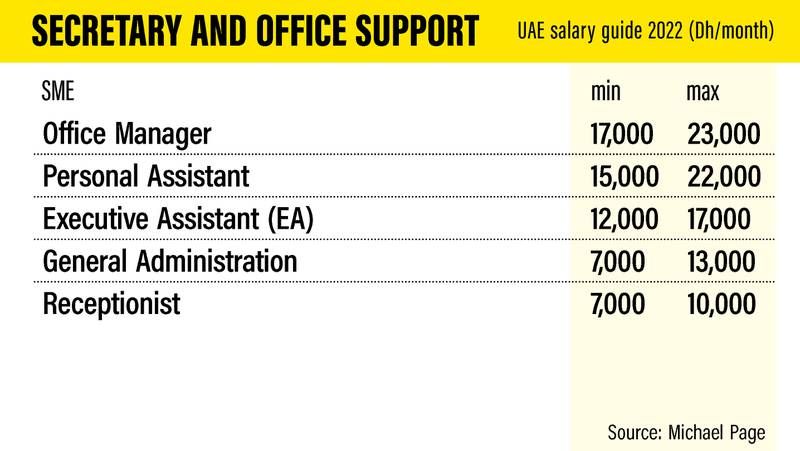
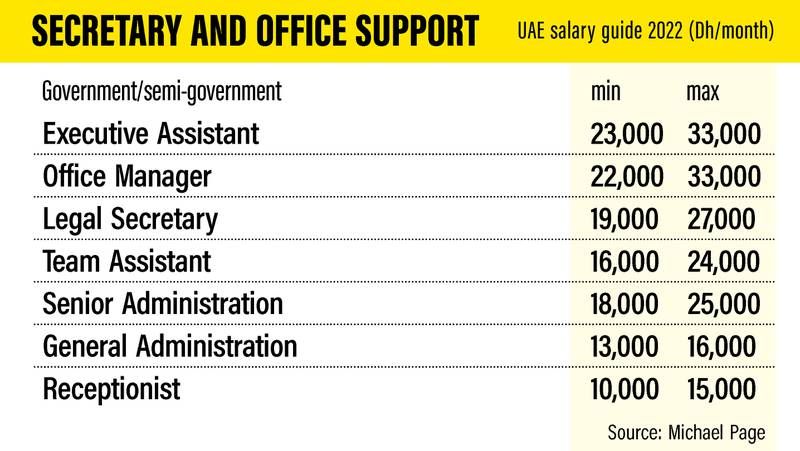
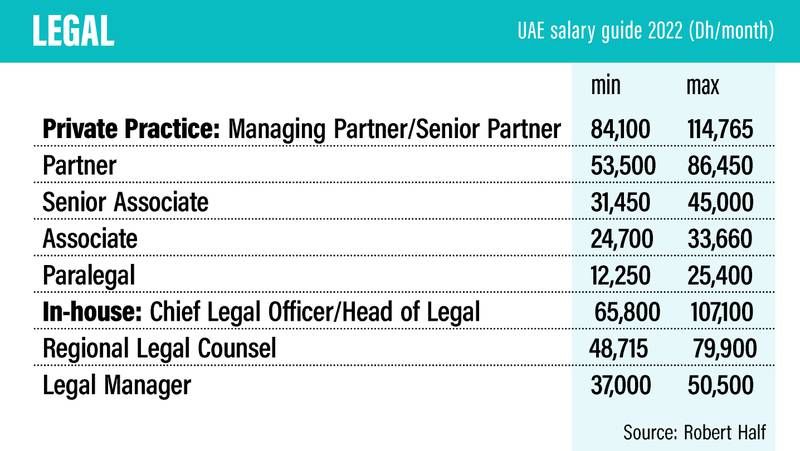
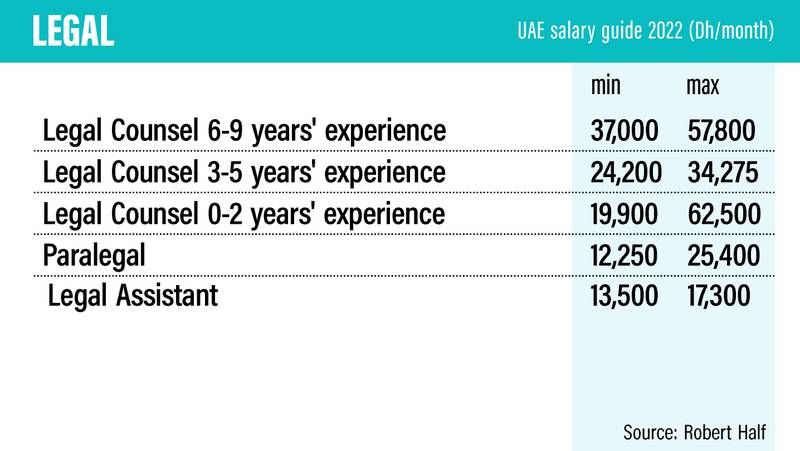
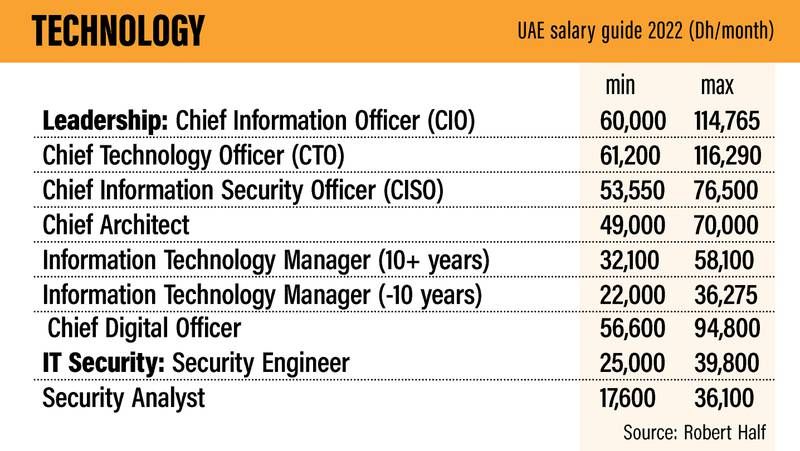
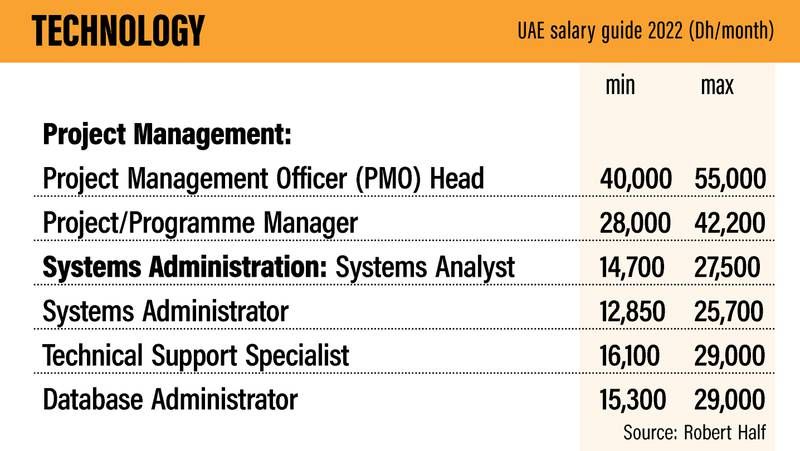
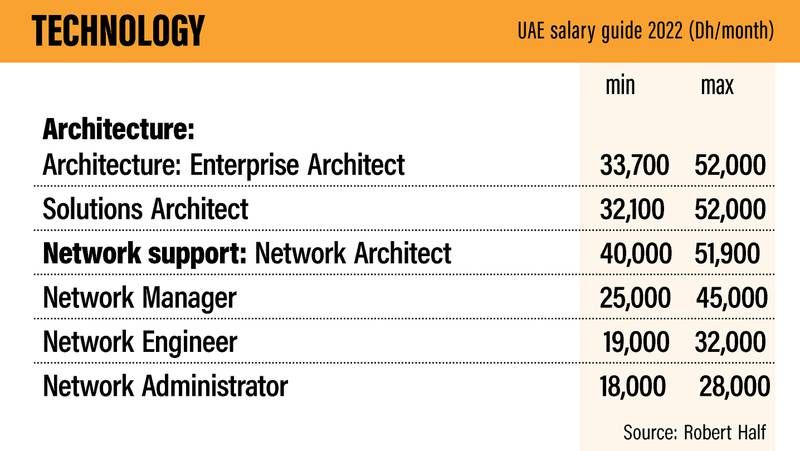
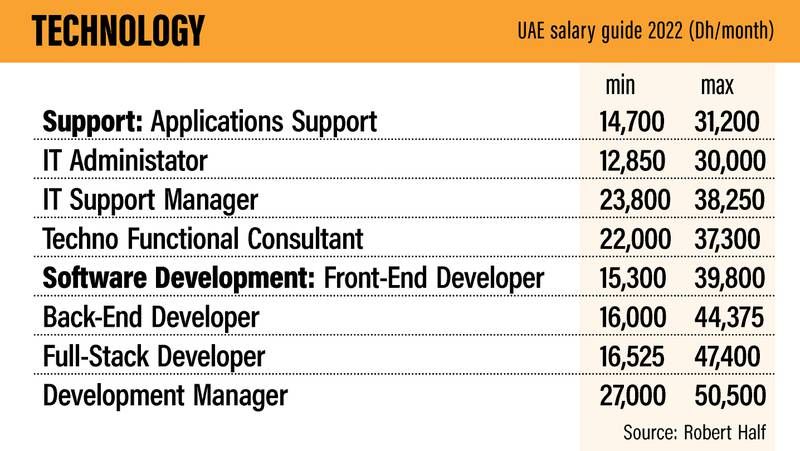
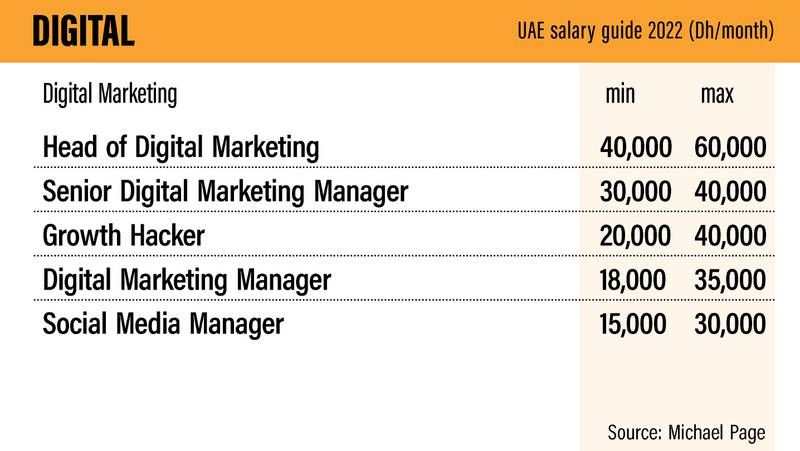
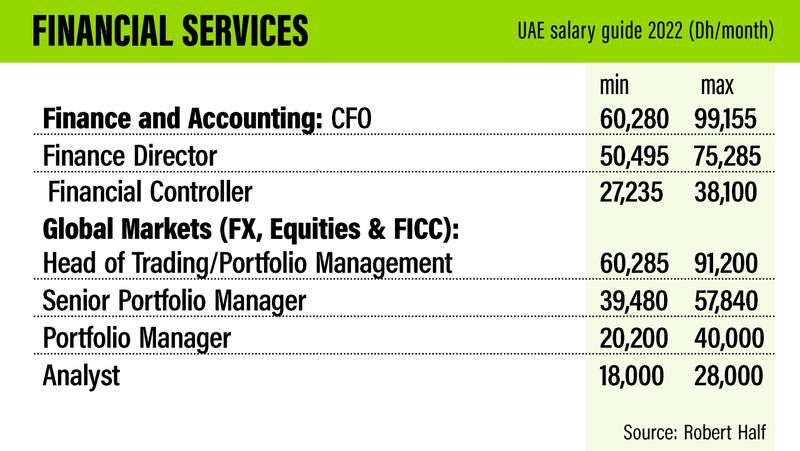
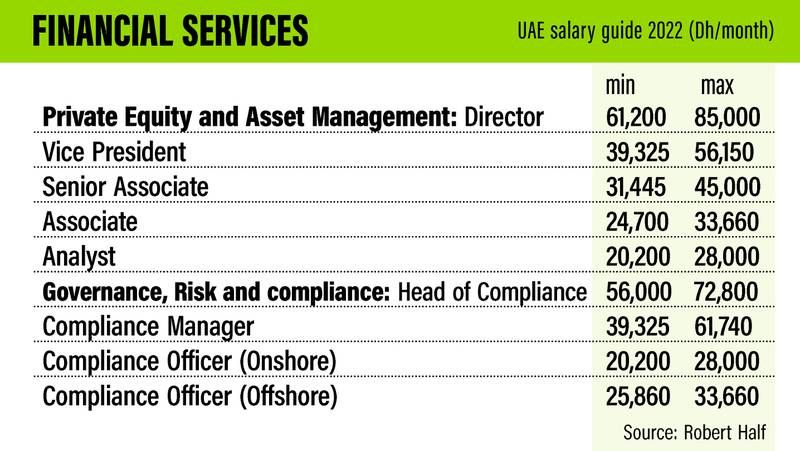
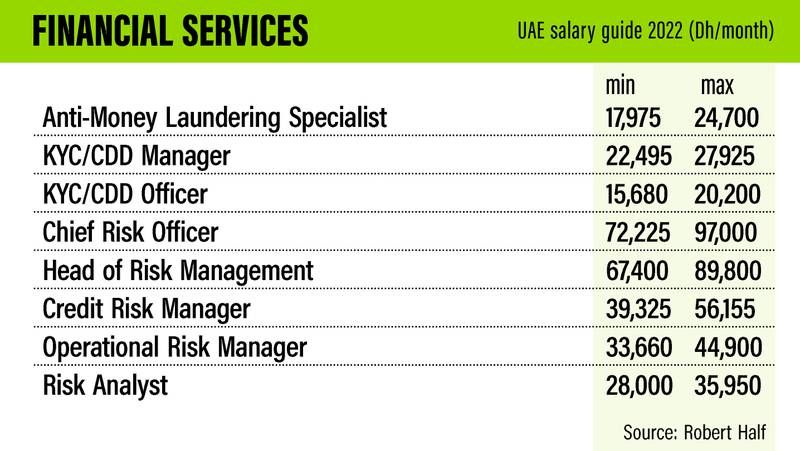
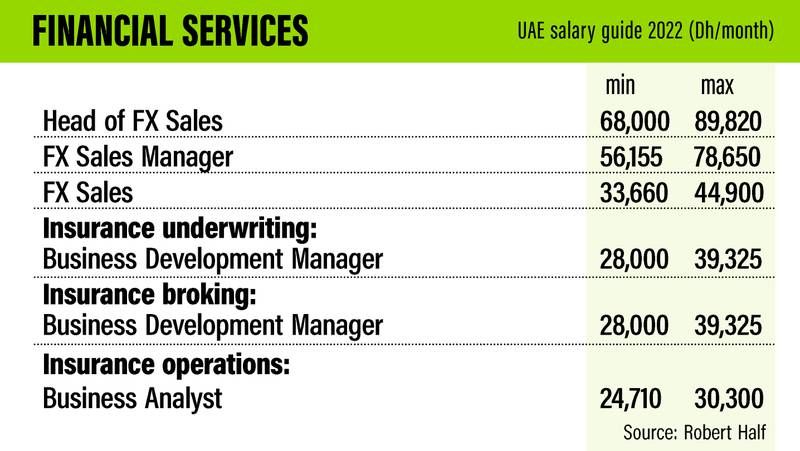
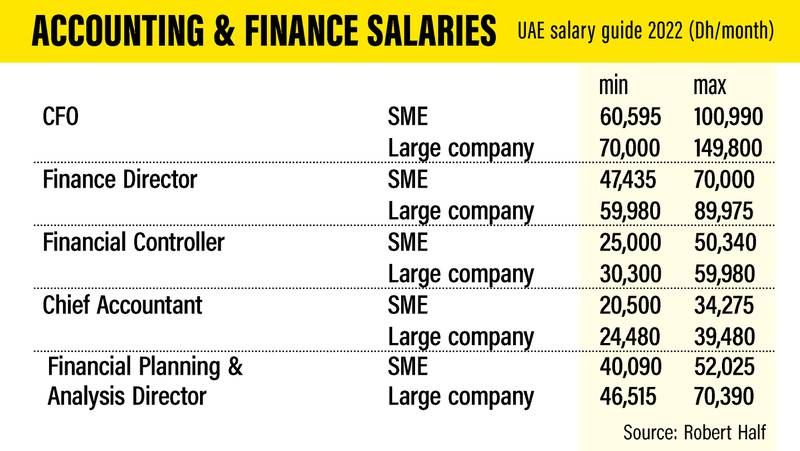
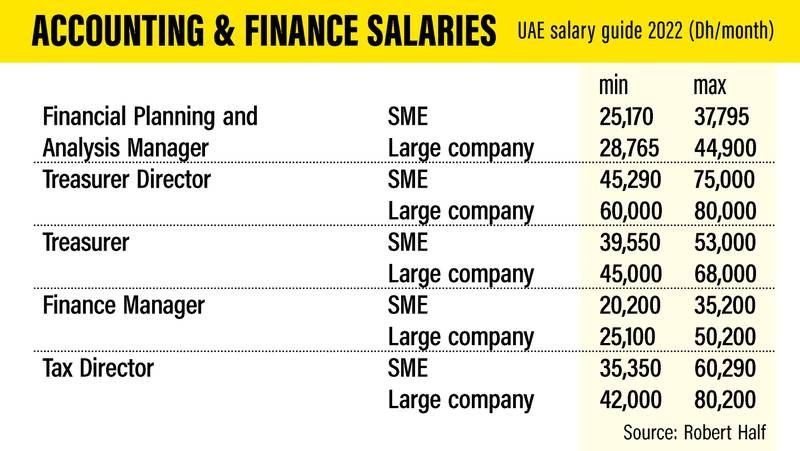
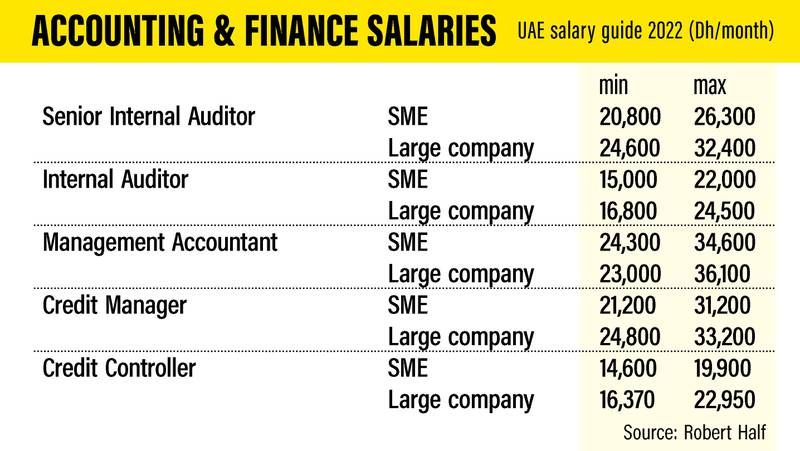
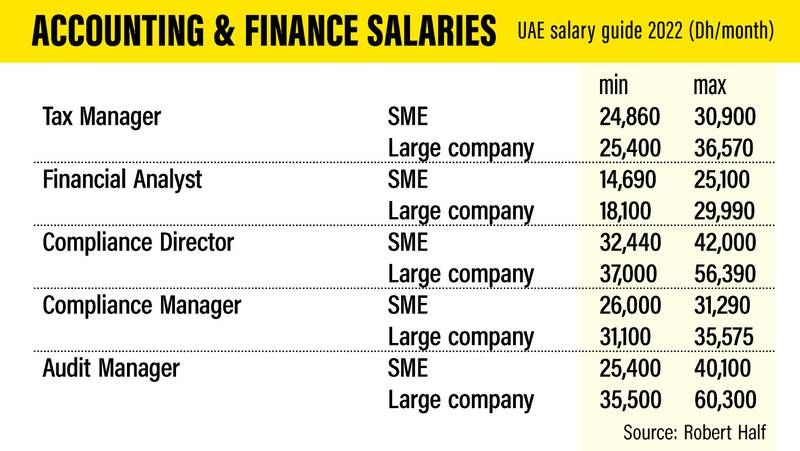
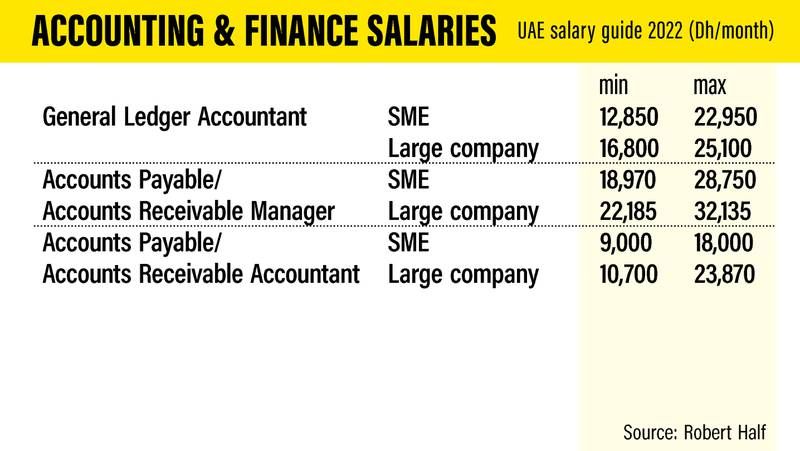
But where does a growing emphasis on technology and related fields leave students who may be interested in, say, literature?
In recent decades there has been a trend away from arts subjects, Dr Trotter said, something he considers “unfortunate”.
He thinks the pendulum may swing back in favour of these subjects, since they equip graduates with “a breadth of knowledge, adaptability, these soft skills” that are useful in many careers.
For a graduate in, for example, literature, or history and French, the job opportunities are “not so obvious”, according to Prof Kaka. However, if these subjects are what the student is interested in, he would not advise against these choices.
“I strongly believe students need to follow their passion,” he said.
Students with artistic leanings can combine them with skills that are in demand from employers, according to Dr Shukla. She said Amity University Dubai’s bachelor of fine arts in animation offers an example.
“It’s a techno-creative programme,” she said. “It has a lot of artistic bent to it, it is creative in nature, but it is technological in nature, because it’s involved in animation. There is software to be learnt from and a lot of technical aspects to it.”
Reskilling a growing trend
Applicants are well advised, Dr Trotter said, to be “open to a range of possibilities” and not to limit their options to courses that might appear fashionable.
While cybersecurity, for example, has a high profile, and all corporations need experts to protect their networks, there are “less glamorous” fields with “excellent prospects”.
“I strongly encourage our students to think beyond their first jobs,” he said. He added that double majors — such as marketing with communication, and IT with criminology or psychology — are particularly good springboards to successful careers.
Read MoreWhy the UAE visa rules will reshape the jobs marketSaudi and UAE universities reach top rankings for sustainability workNew York University Abu Dhabi research centres to explore climate change and AI
In any case, a person’s first degree need not define the whole of their career. Prof Kaka says there are opportunities later on to specialise in a particular area of a person’s current field — known as “upskilling” — or to learn about a new area, termed “reskilling”.
These career choices may involve studying for a master’s degree, and the “vast majority” of students at Heriot-Watt University Dubai enrolling on such advanced degree courses are “working professionals”.
One example involves people with a construction background taking a master’s degree in facilities management, a field that might offer more stable career opportunities if construction slows.
“We see demand for reskilling growing,” Prof Kaka said.
Top global universities in graduate employability – in pictures
ExpandAutoplay
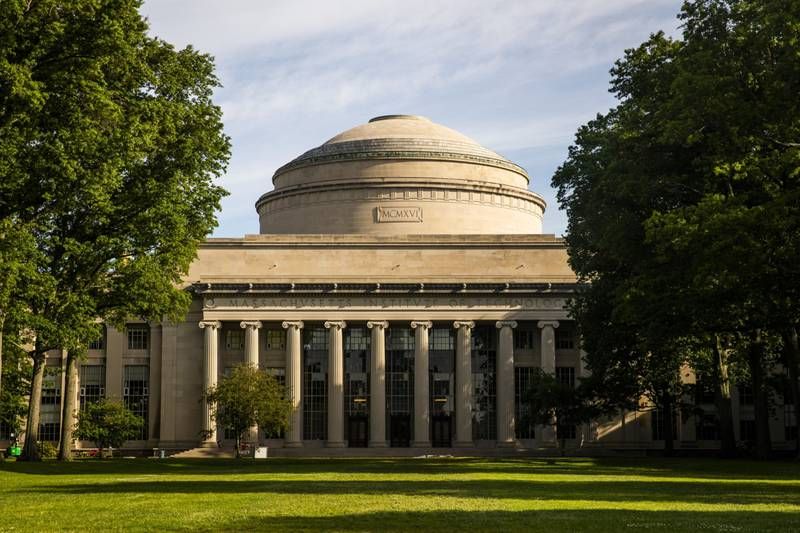
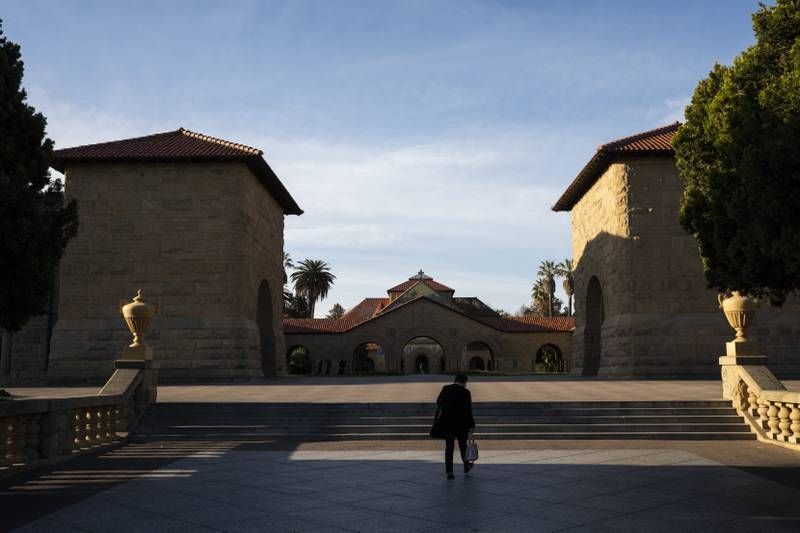

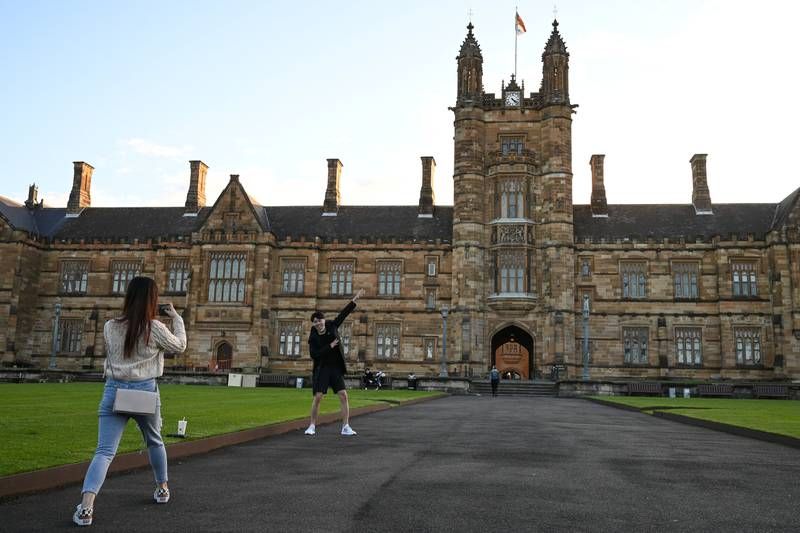

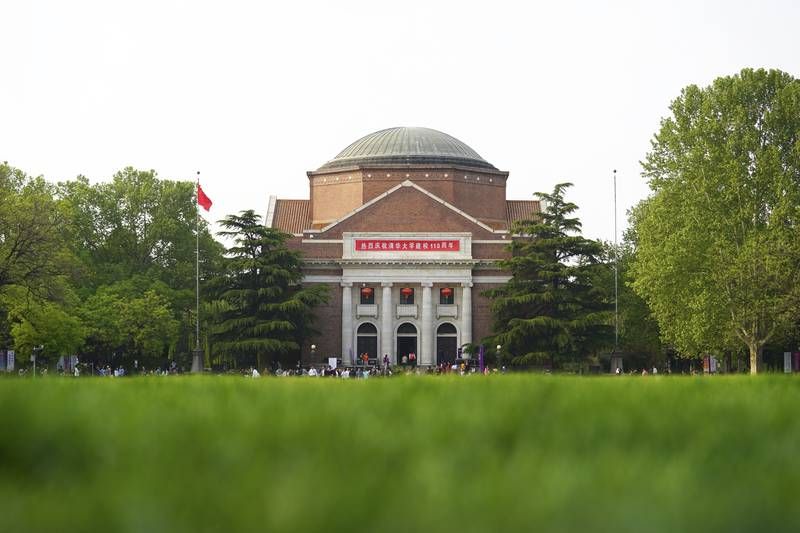
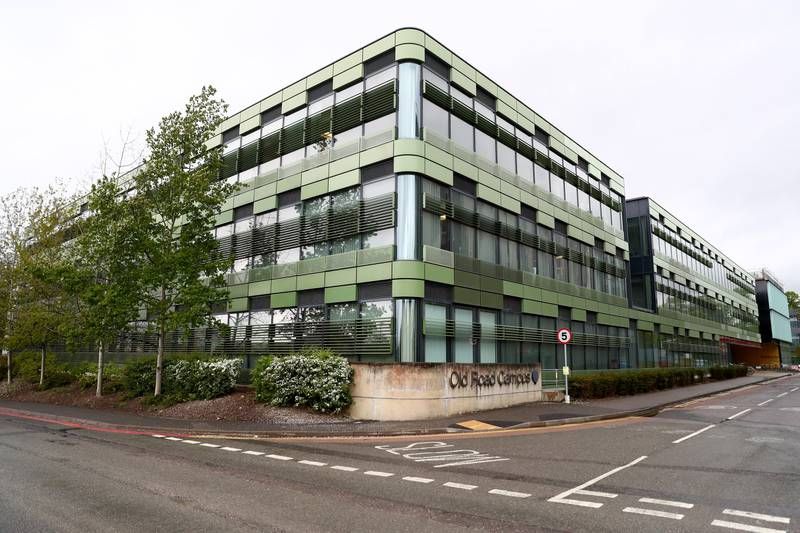
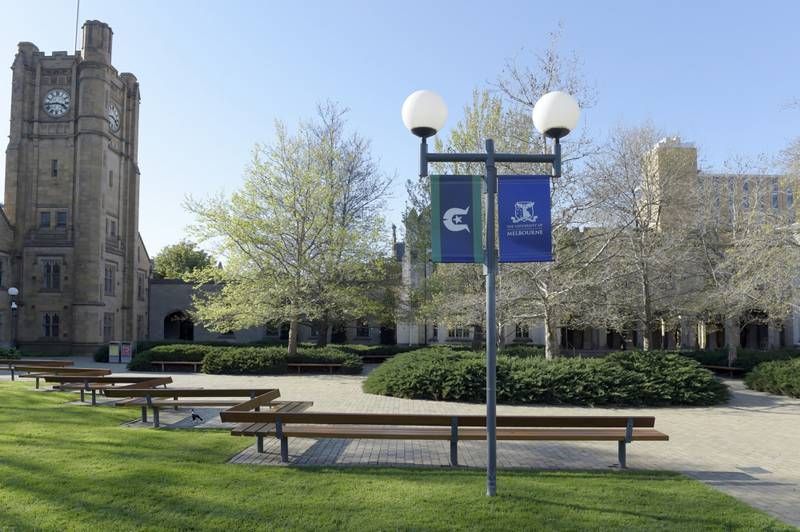

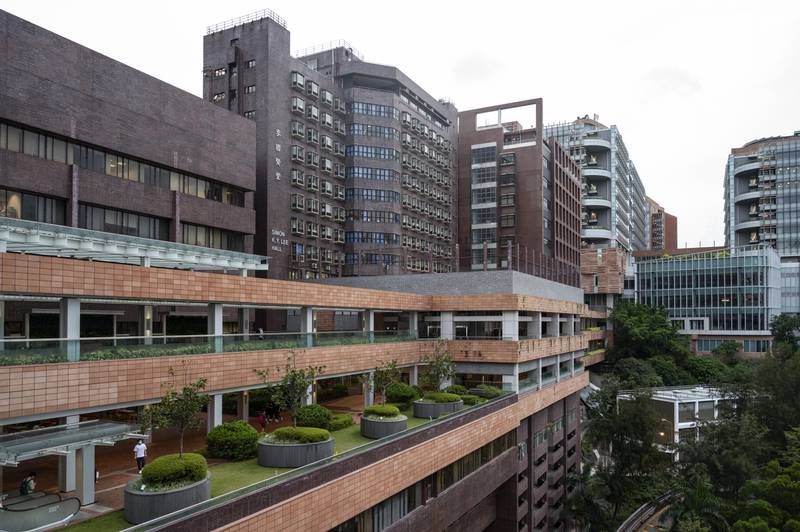
Updated: May 03, 2022, 7:08 AM









